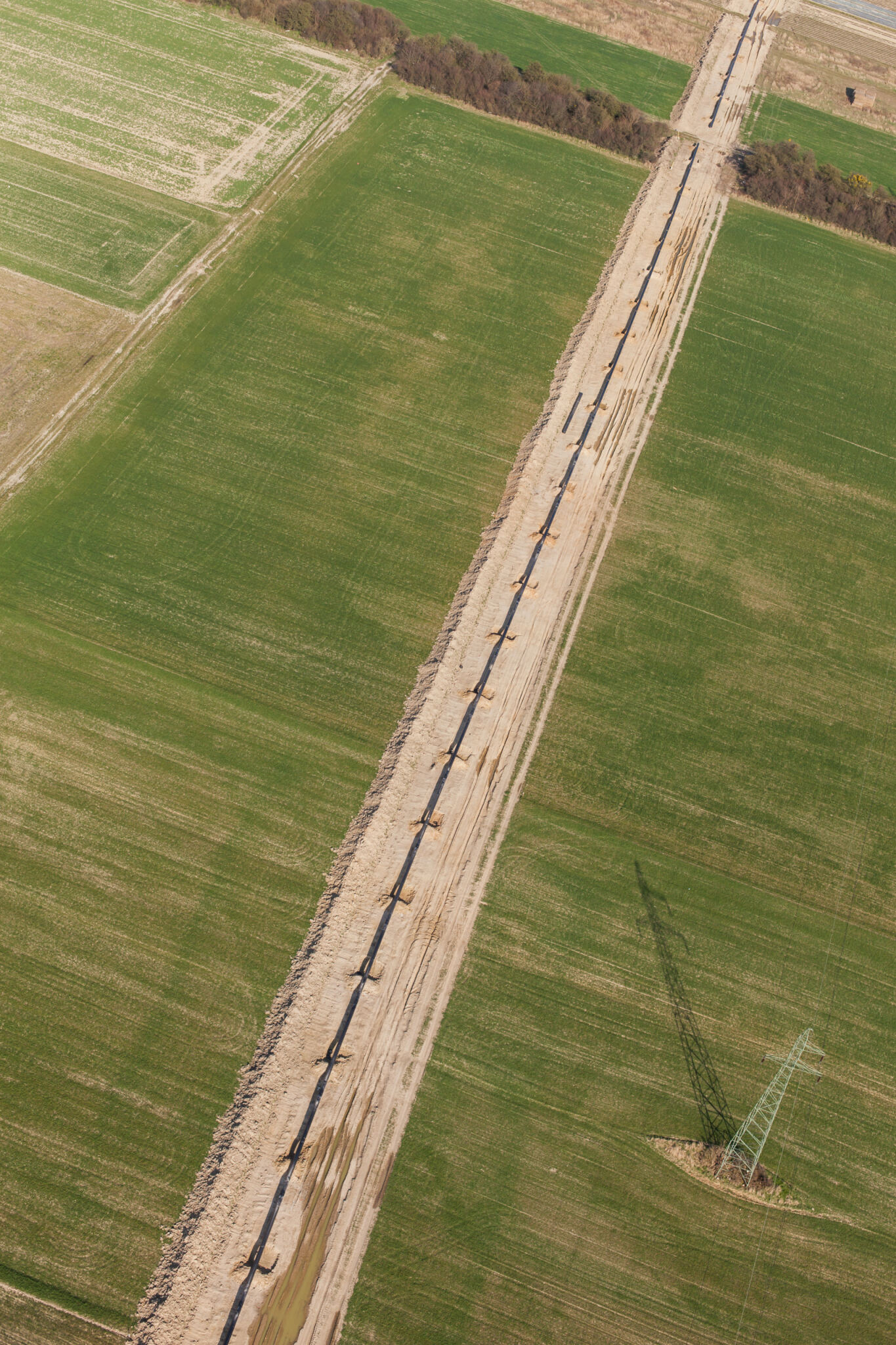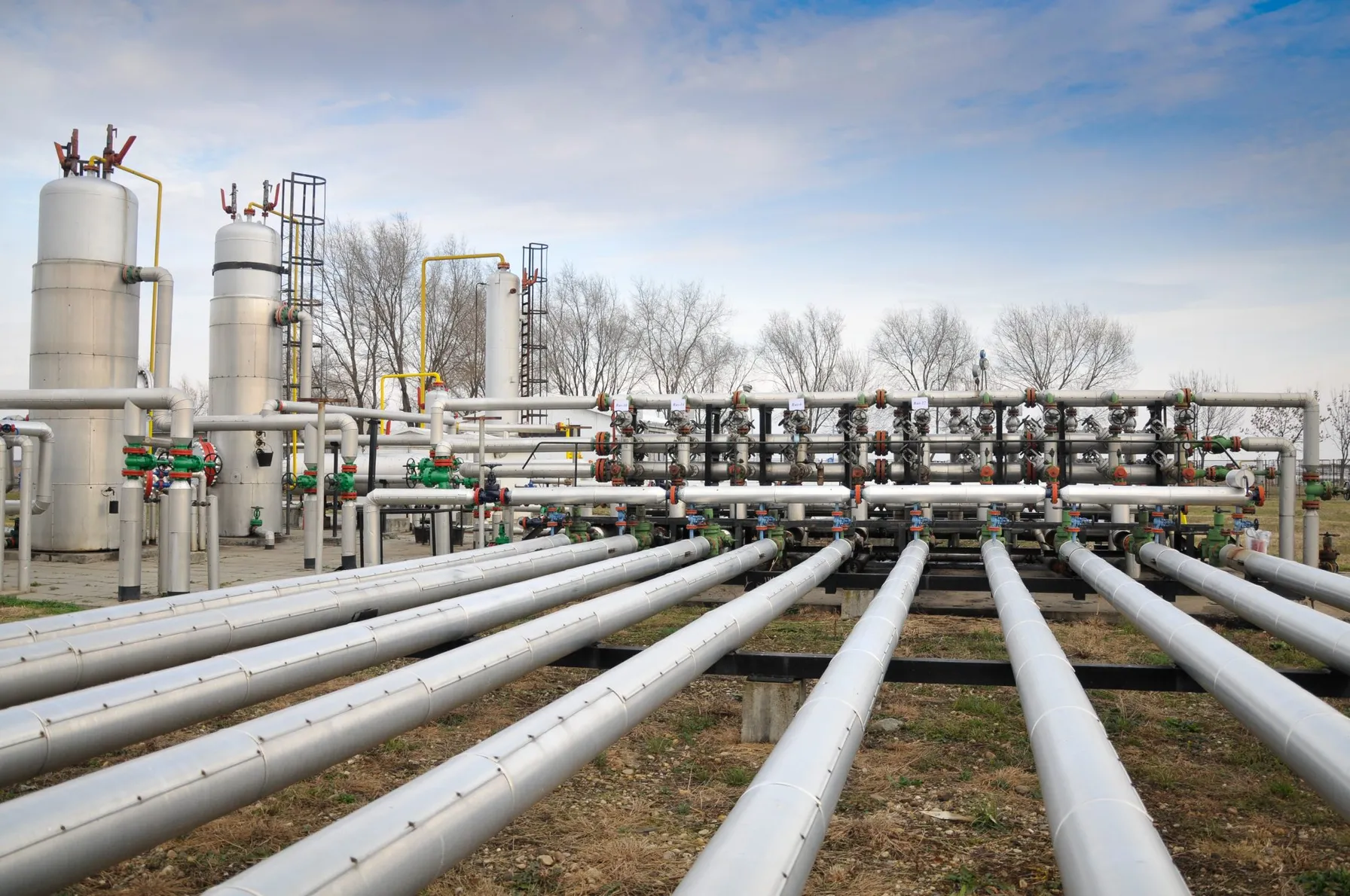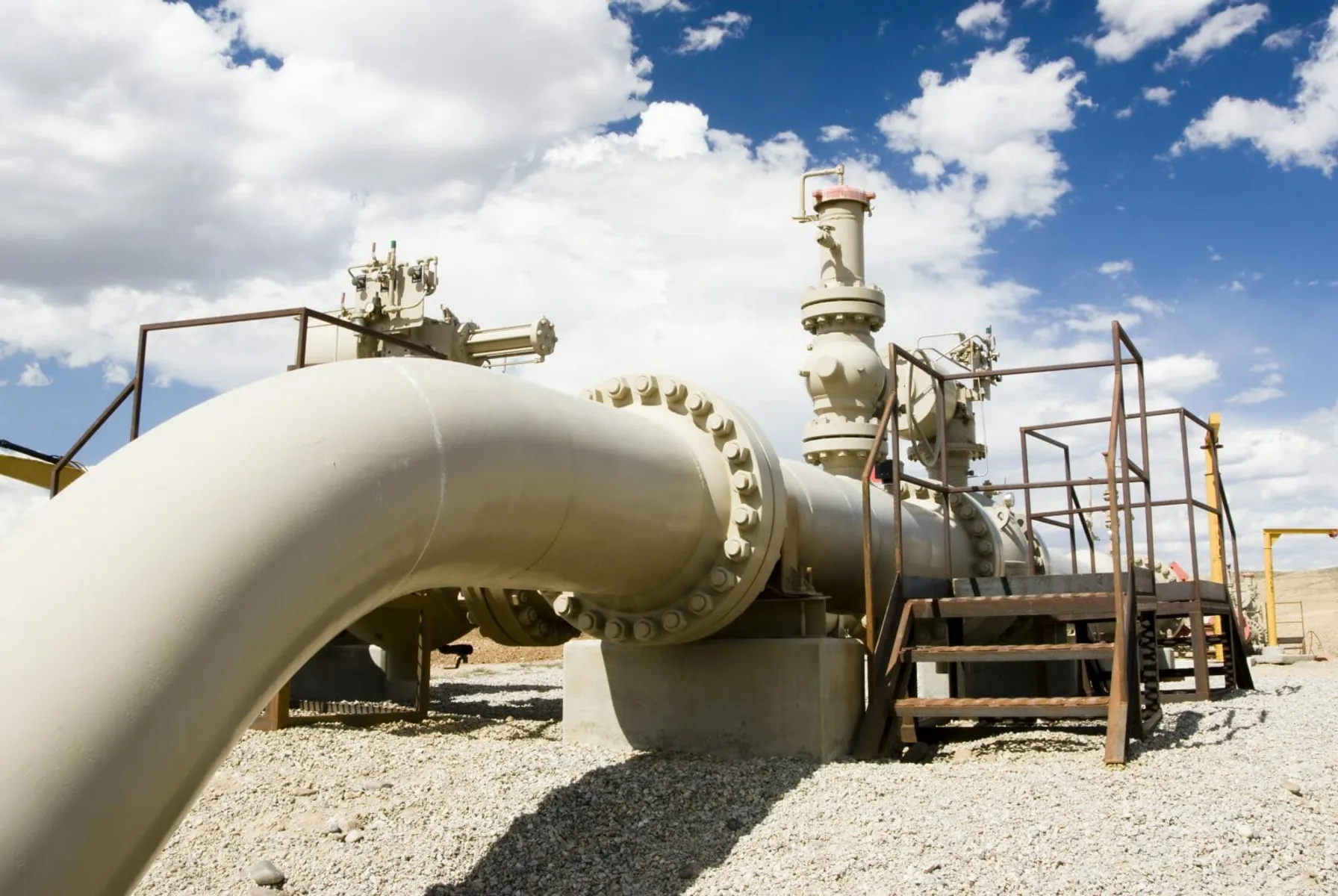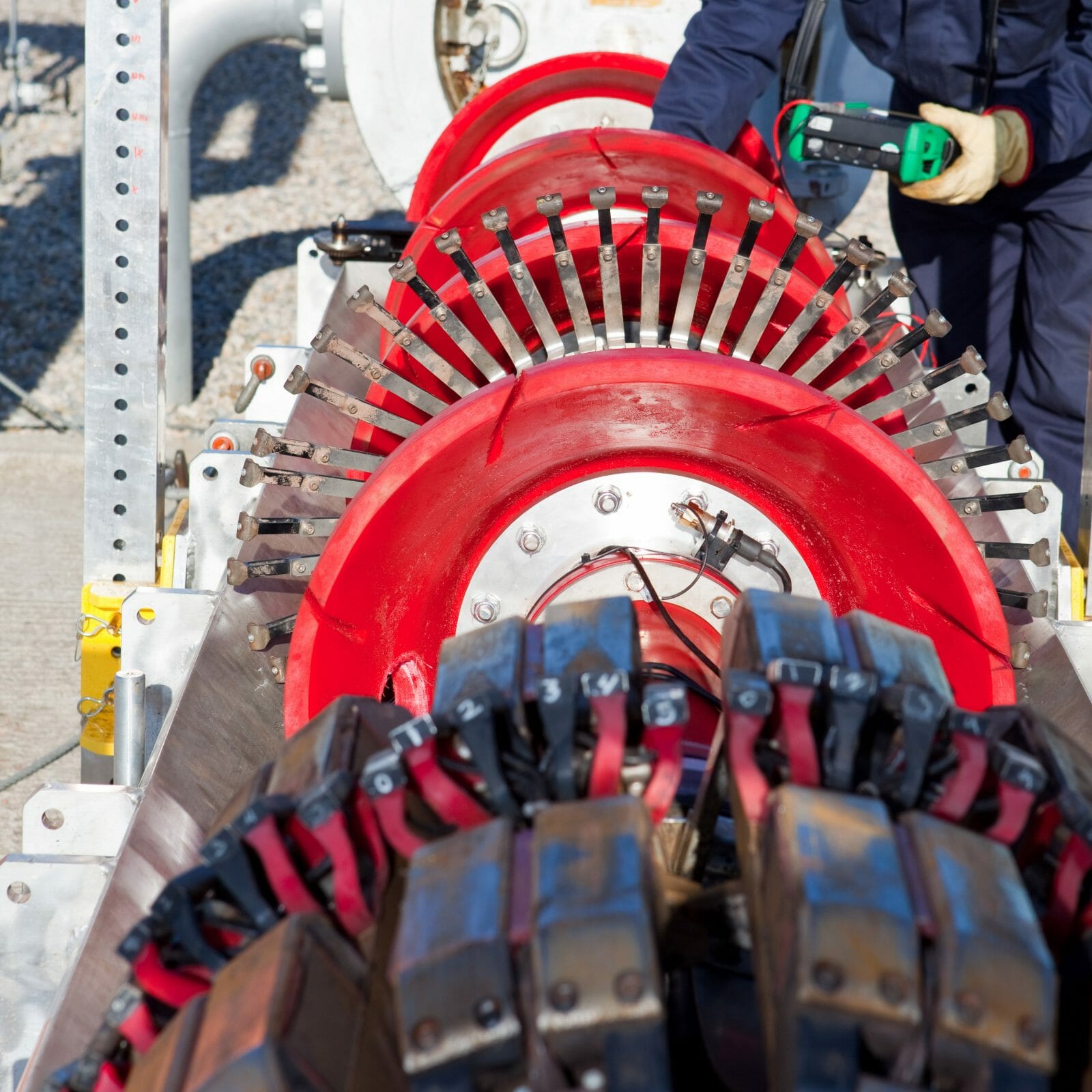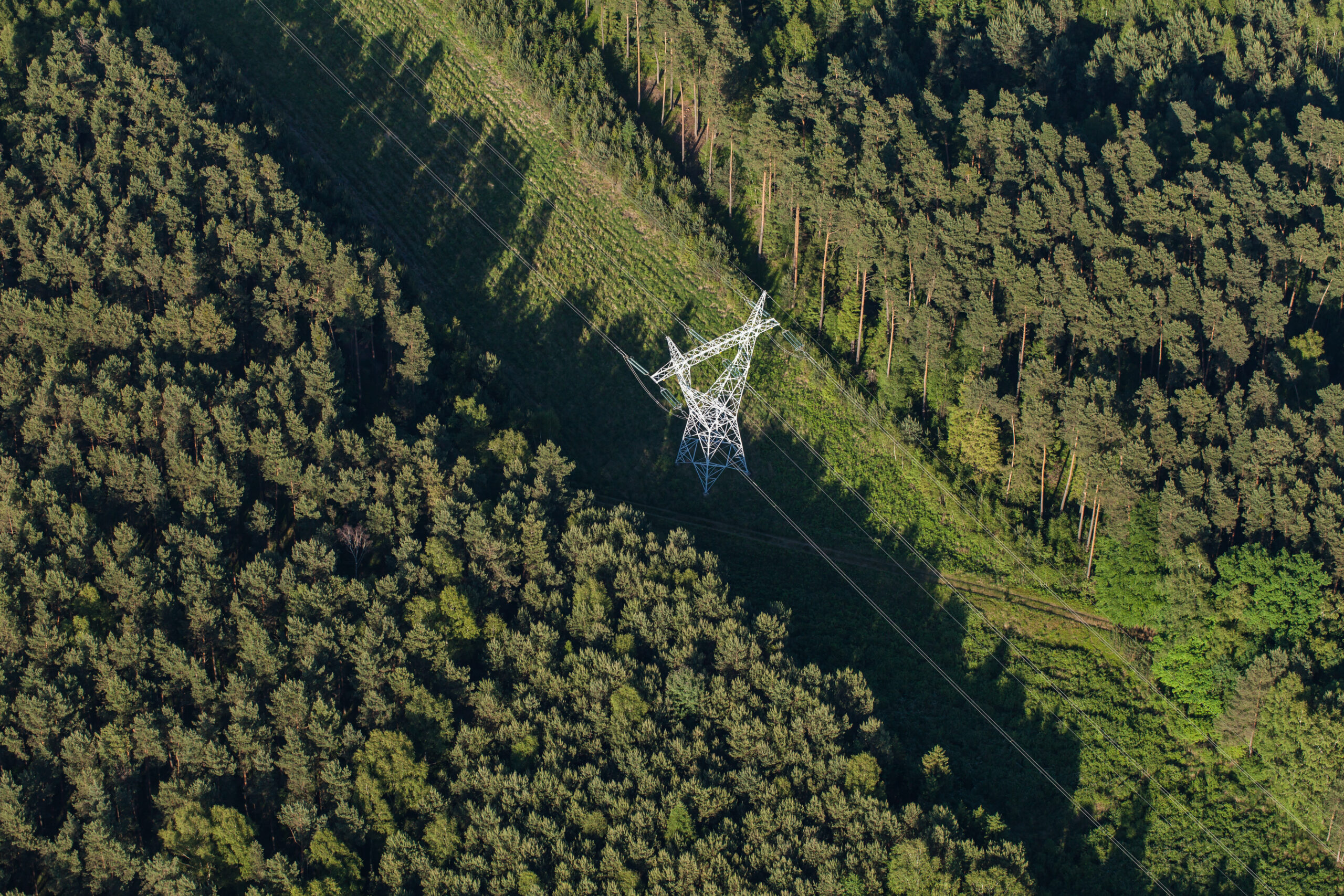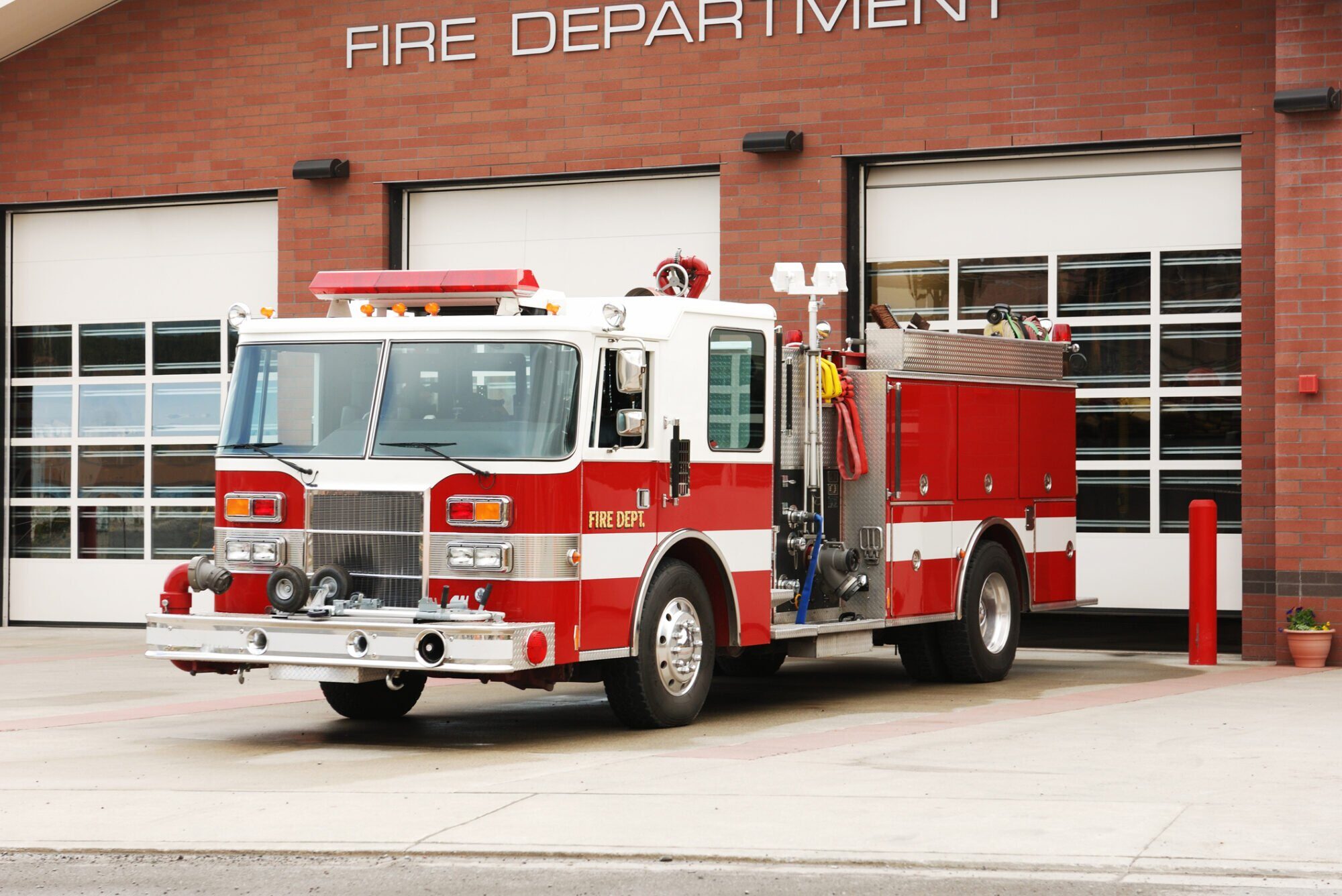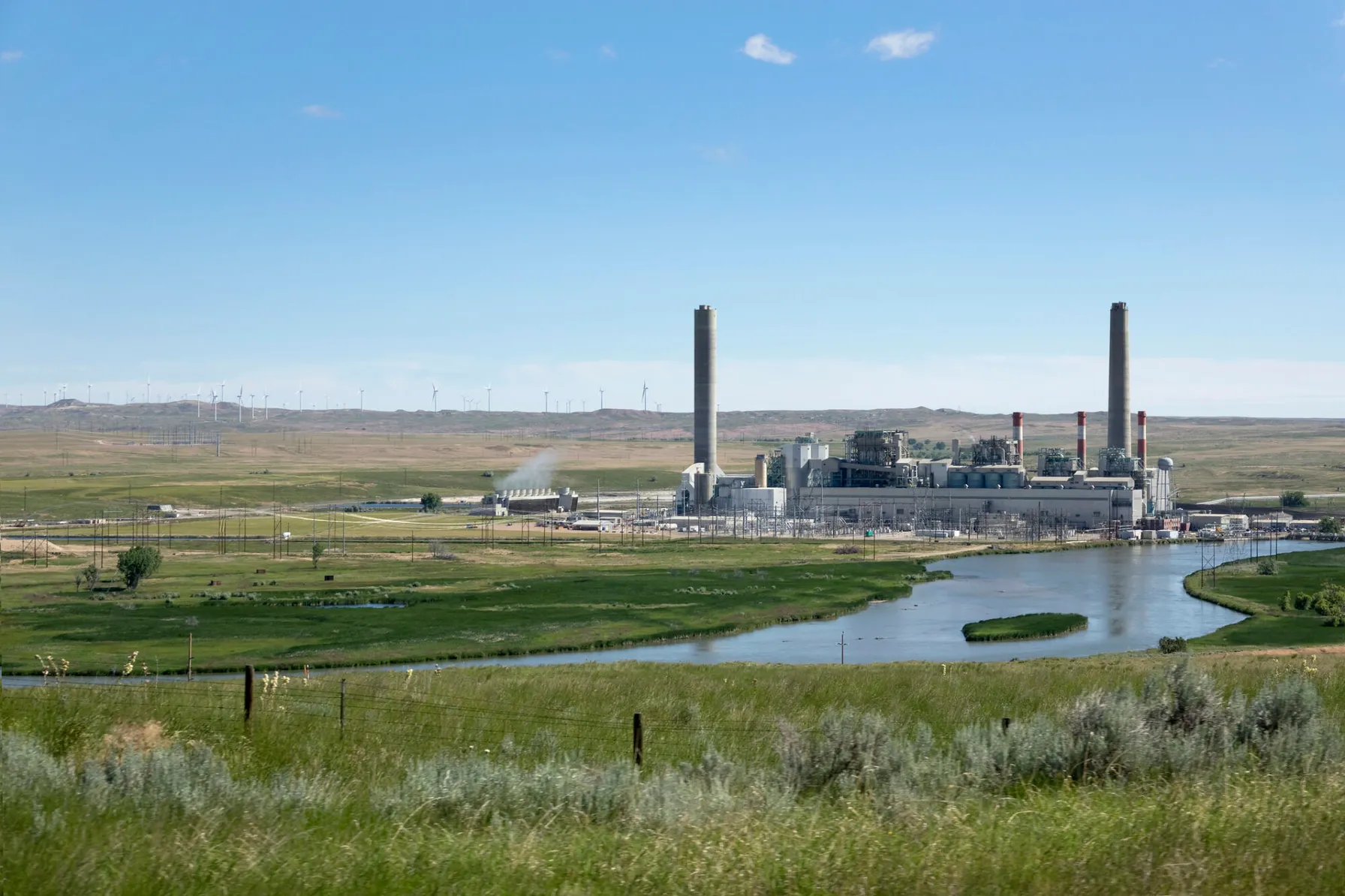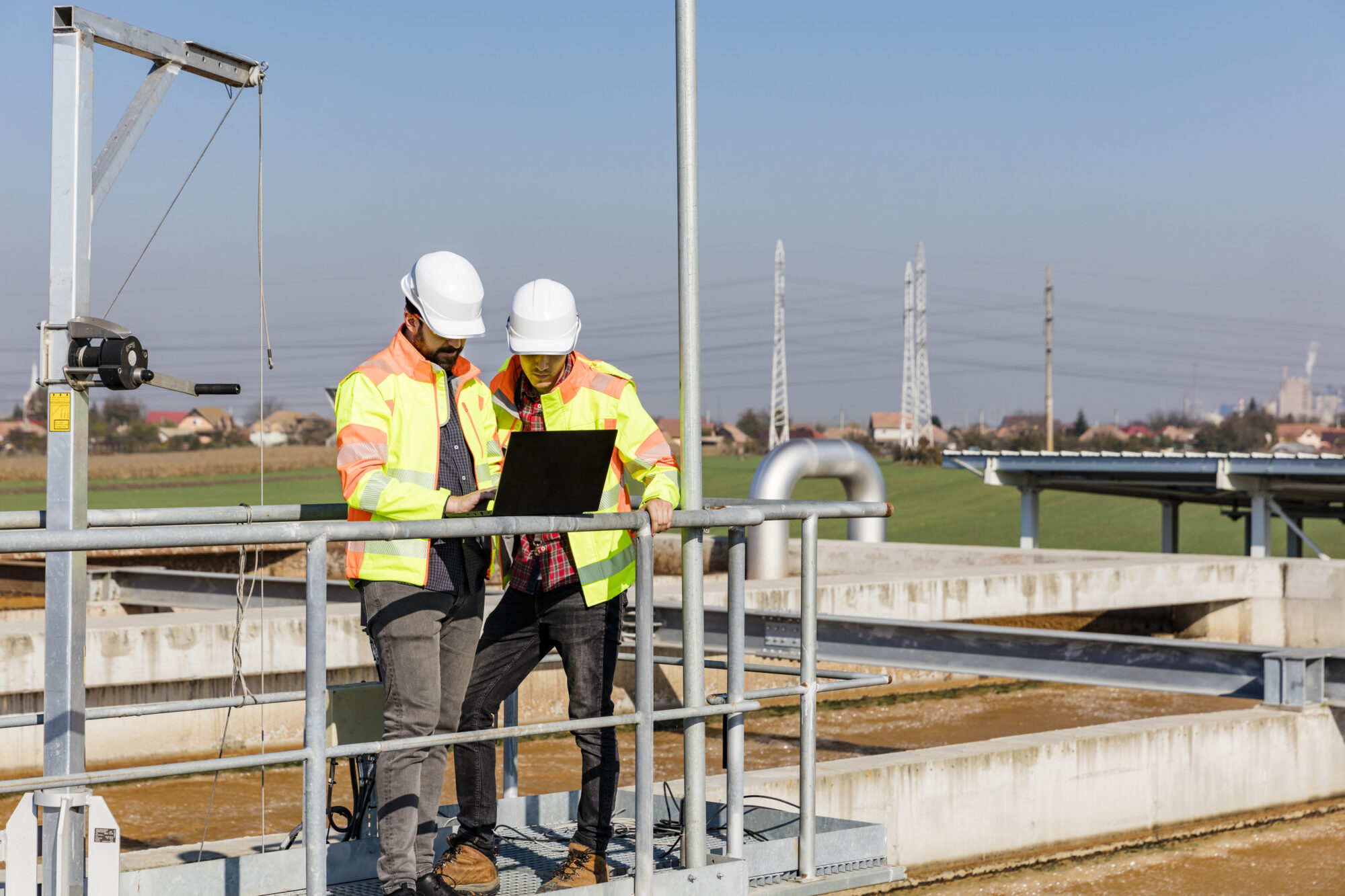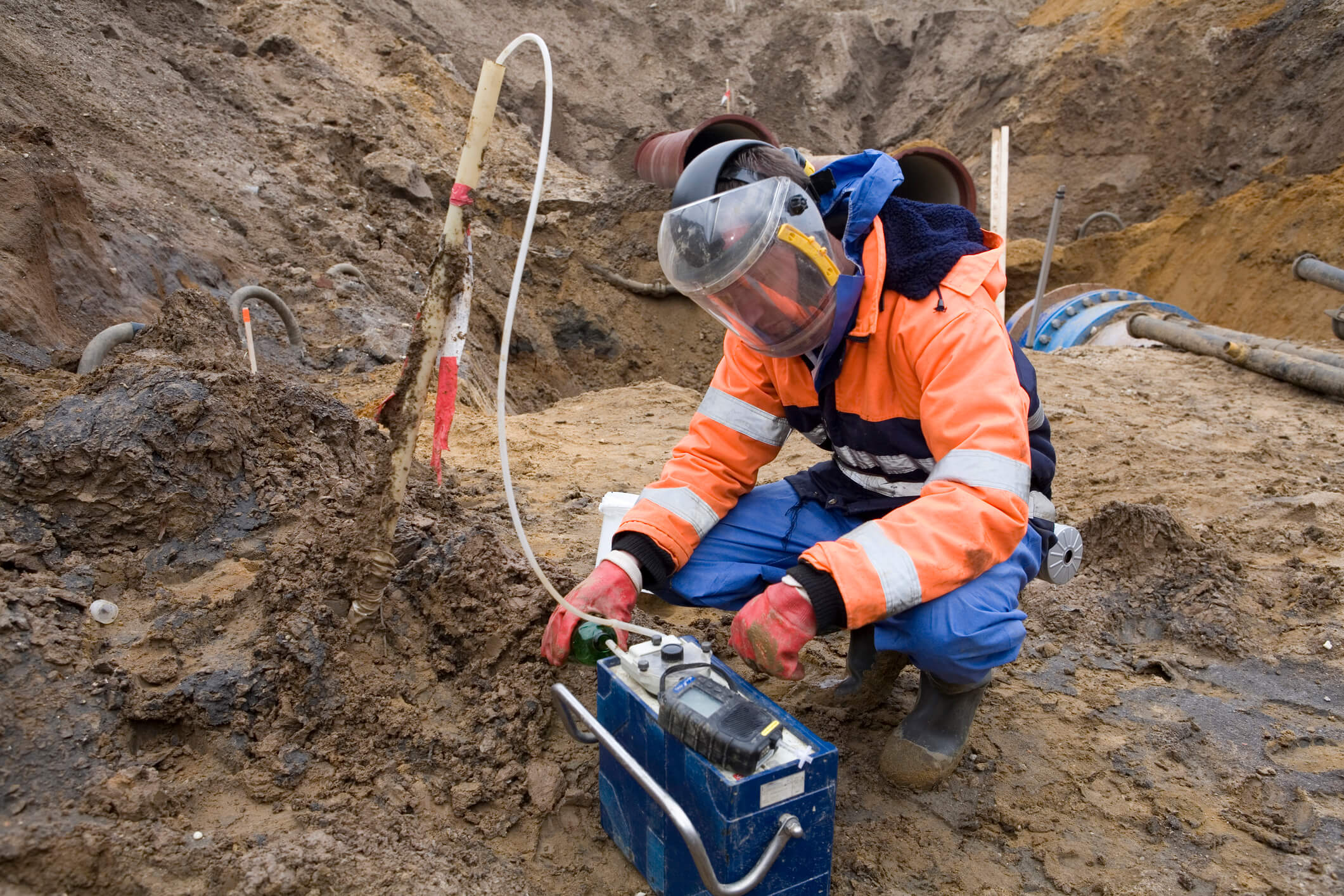Oklahoma
TRC is Executing a Vital Piece of Infrastructure That Will Carry Natural Gas 200 Miles Across Oklahoma to Growing Markets.
Challenge
Natural gas production in the United States has skyrocketed by more than 50 percent since 2005 and will continue to grow over the next three decades. But many recent supply hotspots lack the infrastructure to carry the gas to the global marketplace.
- Client: Midship
- Project Location: Oklahoma
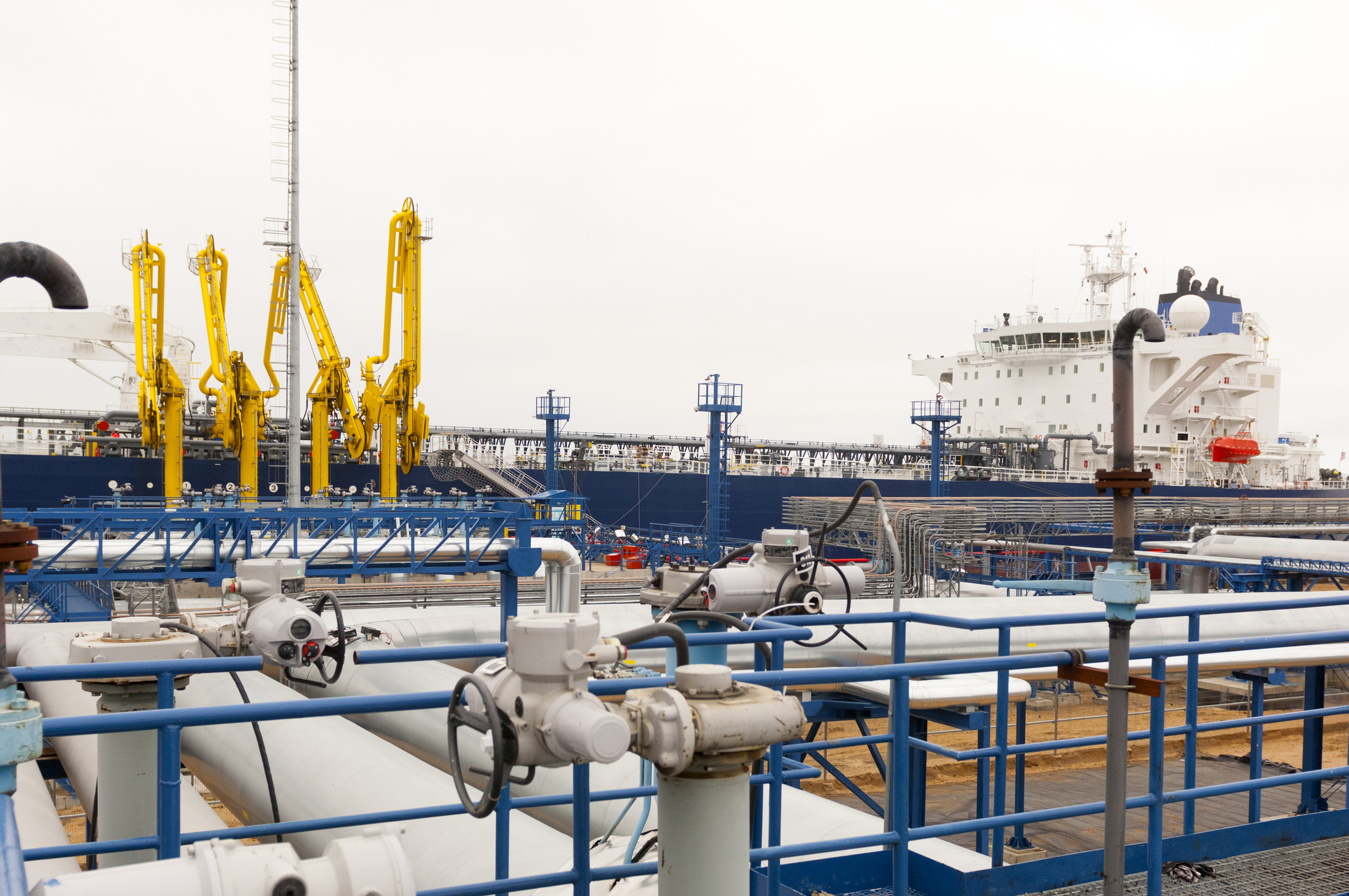
Solution
TRC is providing a host of integrated services on the Midship Pipeline Project. Our solutions in the design phase included engineering, mapping and surveying, environmental analysis and securing permits for the right of way between Kingfisher County and Bennington, Oklahoma. With unrivaled capabilities and collaborative technology, TRC continues to provide engineering support on the pipeline and is building three mainline compressor stations and associated facilities as part of a stem-to-stern Engineer, Procure and Construct contract.
Result
The Integrated Services Model provided by TRC will reduce the project’s overall risk profile and will allow the Midship Pipeline to provide capacity of more than 1.44 billion cubic feet of natural gas per day (bcf/d) from the Anadarko Basin to the growing Gulf Coast and Southeast markets.
Related Projects
Discover the success we’ve had with helping our clients execute major projects and make a meaningful impact on their local communities.

Creating Solutions: Organic Disposal Reduction Status Impact Reporting
TRC became one of the first firms to successfully complete a Status Impact Report (SIR) in accordance with California’s effort …

Rapid Response to Unplanned System Disruption Event
Technical Oversight and Support to Quickly and Safely Restore Service

Oil and Gas Facility Risk Modeling with Interactive Results
TRC delivered design, procurement, and construction services for 38 miles of transmission lines, two substation expansions, and equipment upgrades at …
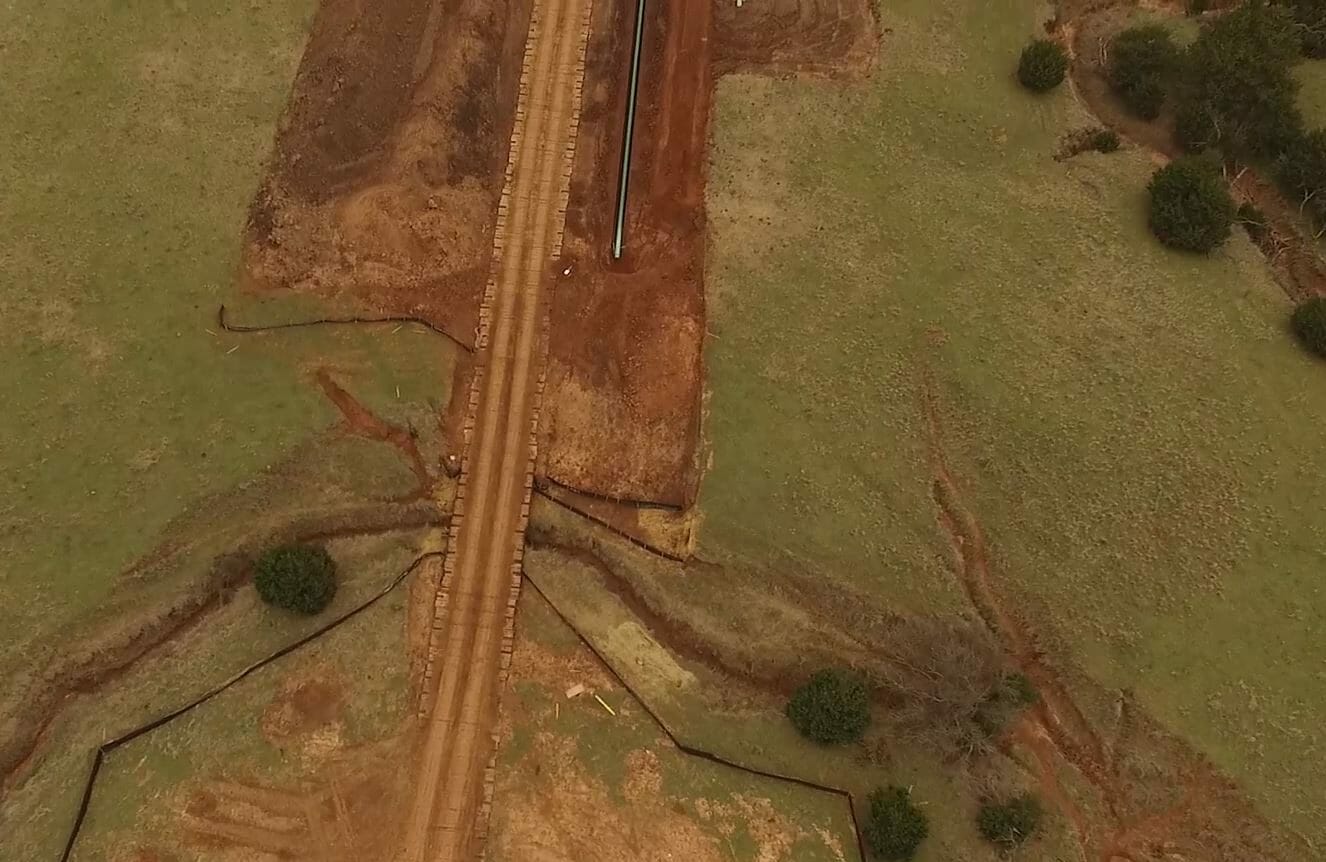
Williams Companies, Inc. Bluestem Project
Williams is a 100-year-old energy infrastructure company focused on connecting North America’s significant hydrocarbon resource plays to growing markets for …

Importance of Health & Safety Reviews During EHS Due Diligence Projects
How Transactional Clients Are Taking a Closer Look at the Occupational Health and Safety Performance of an Asset
Sharing Our Perspectives
Our practitioners share their insights and perspectives on the trends and challenges shaping the market.
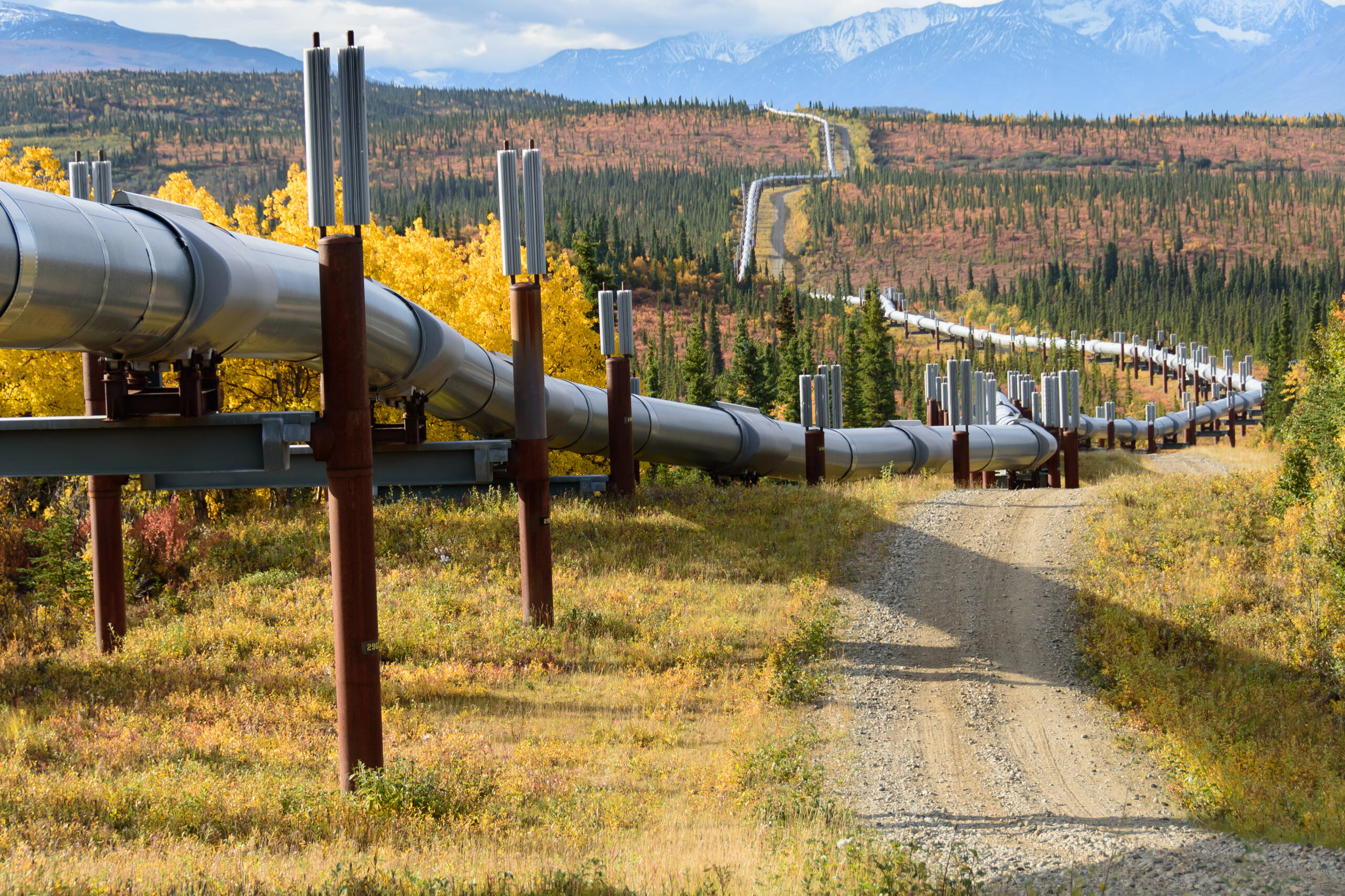
PHMSA Bulletin Outlines New Safety Management Advice
March 28, 2025
Cybersecurity threats to the Bulk Electric System (BES) are escalating, with attackers continuously evolving their tactics to target critical infrastructure.
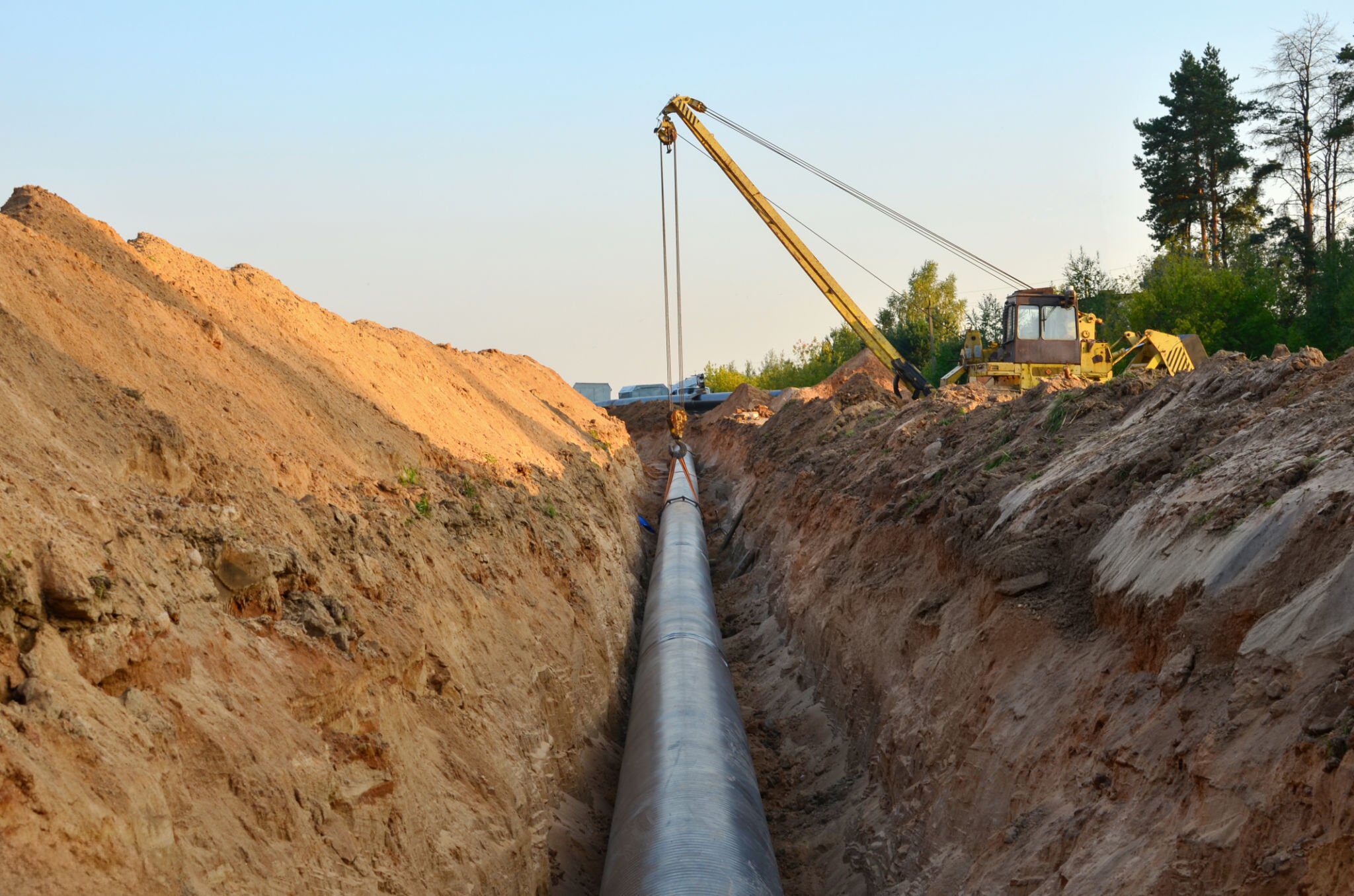
Enhancing Pipeline Integrity: HVAC/DC Interference Studies and Electromagnetic Fields (EMF) Analysis
January 15, 2025
The increasing presence of HVAC/DC transmission lines in modern power infrastructure has raised concerns about their impact on pipeline integrity. These systems, often co-located within shared corridors, generate electromagnetic fields (EMF) that introduce significant risks such as accelerated corrosion, equipment failures and safety hazards. Addressing HVAC/DC interference is now essential for ensuring long-term pipeline reliability and personnel safety.
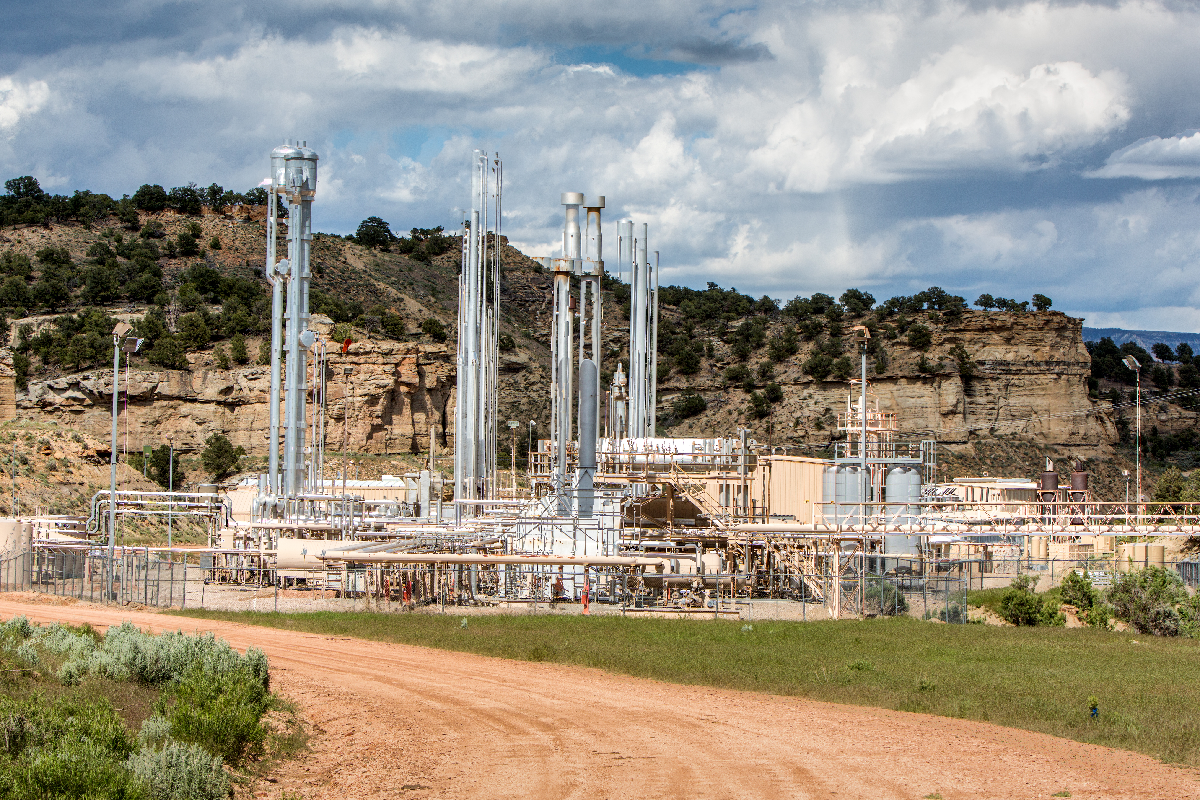
EPA Proposes Rules for IRA-mandated Waste Emissions Charge for Methane
February 6, 2024
EPA proposed rules to implement the Waste Emissions Charge (WEC) program for facilities that exceed a waste emissions threshold
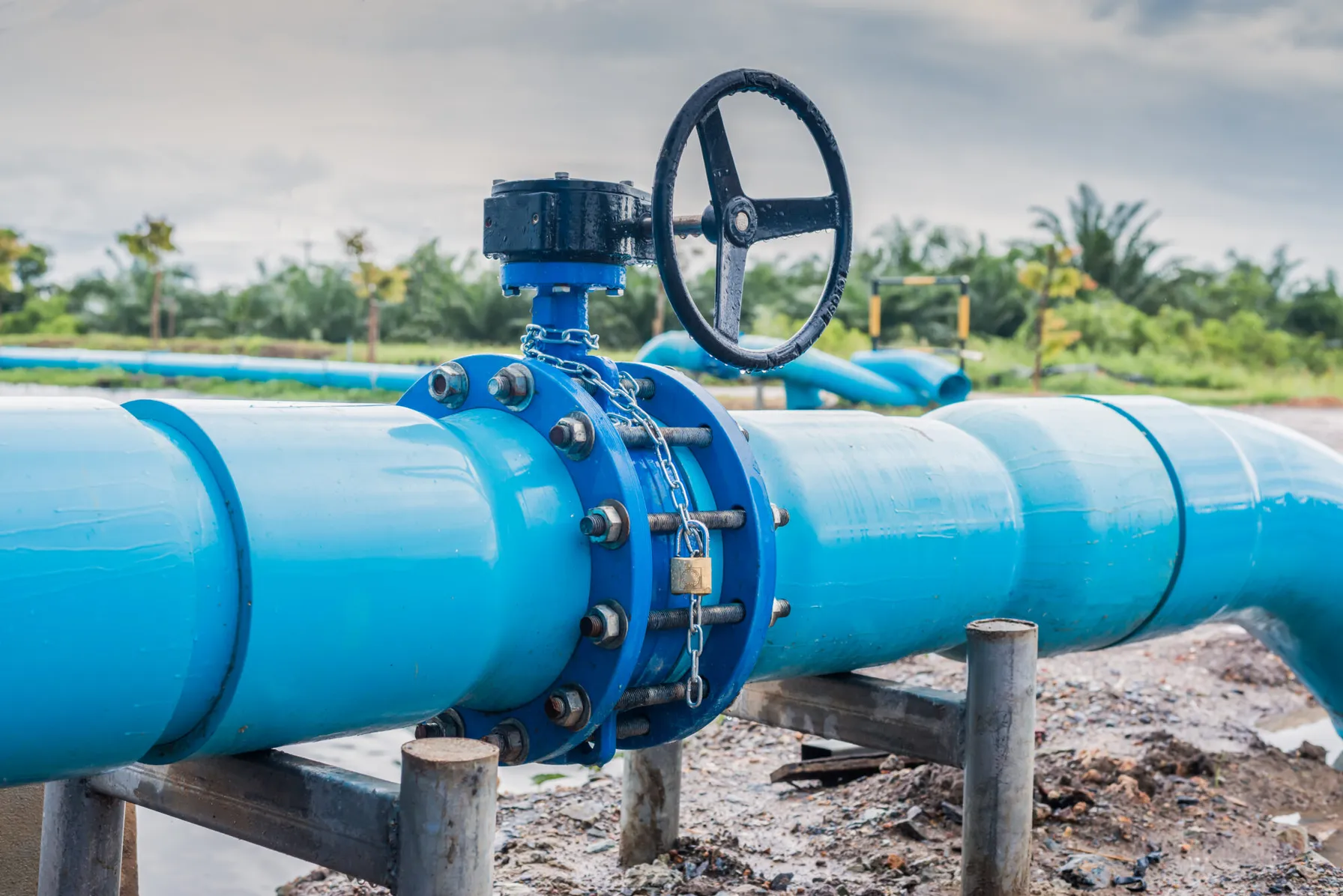
PHMSA Gas Transmission RIN2 Rule Now Effective
July 24, 2023
TRC summarizes the revised or added sections of RIN2.
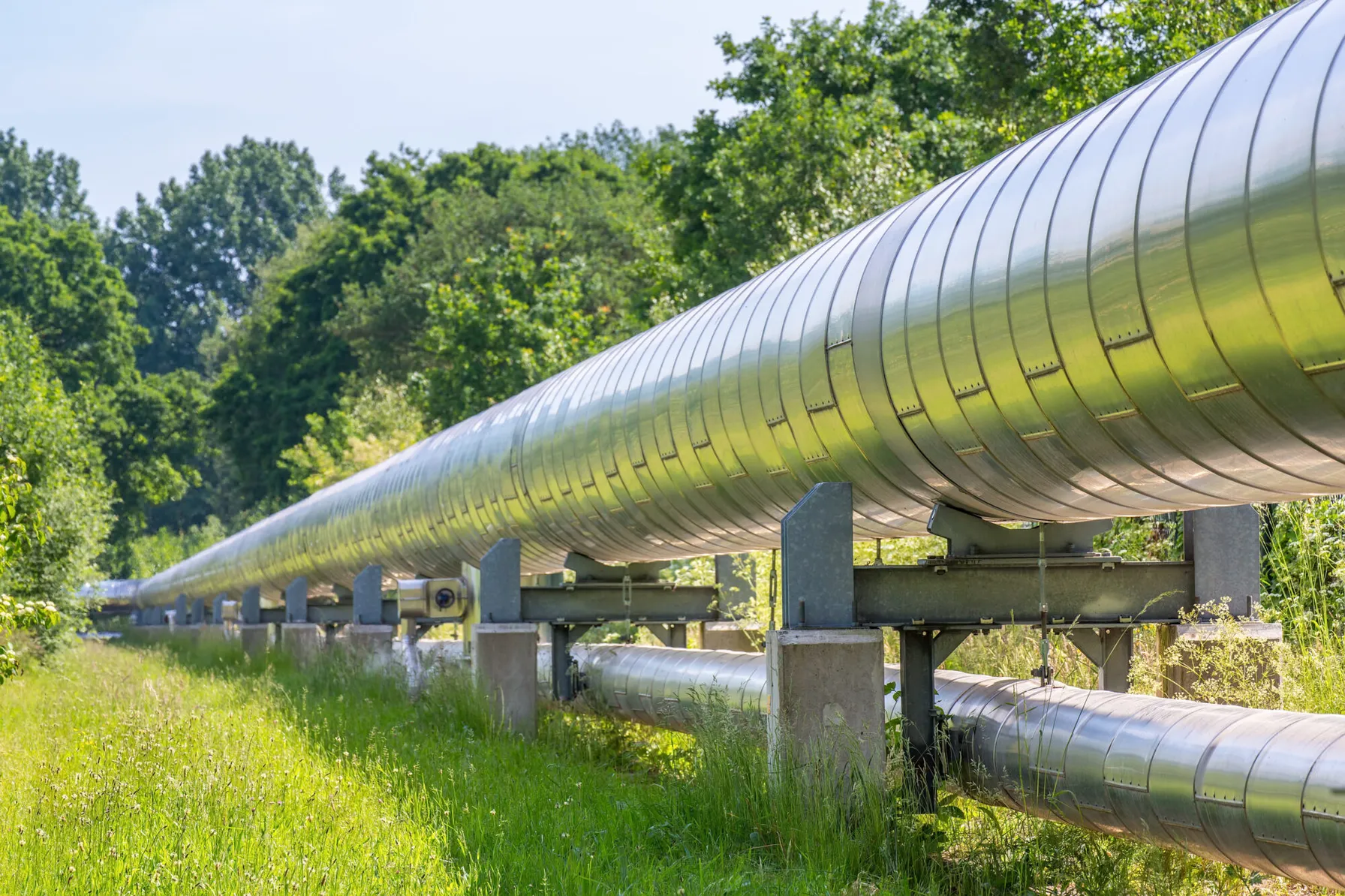
PHMSA Releases Proposed Rulemaking for Pipeline Safety and Gas Pipeline Leak Detection and Repair
June 15, 2023
TRC explains the Proposed Rulemaking for Pipeline Safety and Gas Pipeline Leak Detection and Repair
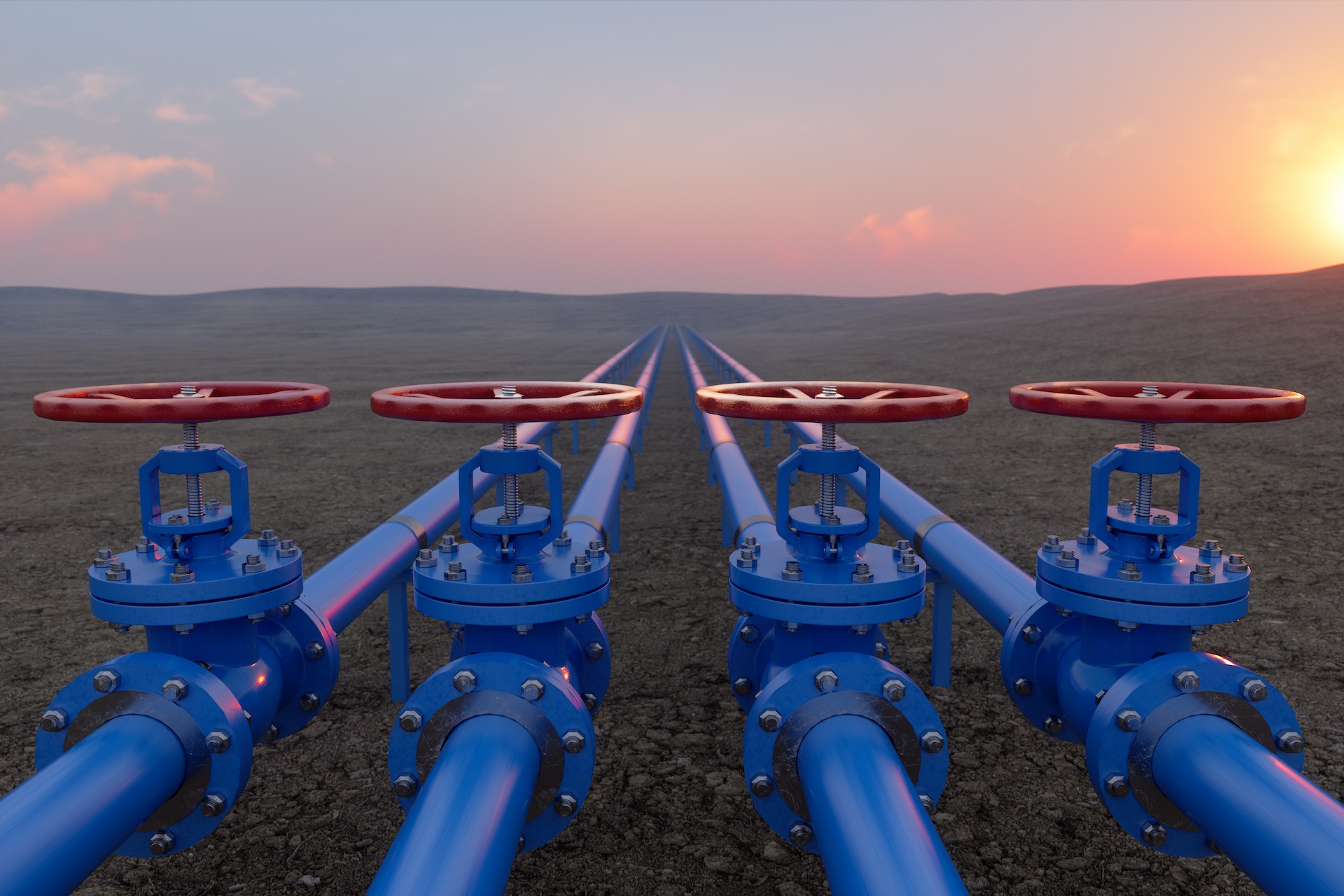
PHMSA Issues Gas Gathering Final Rule Summary & Requirements
November 30, 2021
PHMSA announced that they issued a final rule that significantly expands Federal pipeline safety oversight to all onshore gas gathering pipelines.

EPA Proposes Changes to Methane Control at Petroleum Operations
November 10, 2021
New Source Performance Standard for Methane Control at Petroleum Operations in 2022
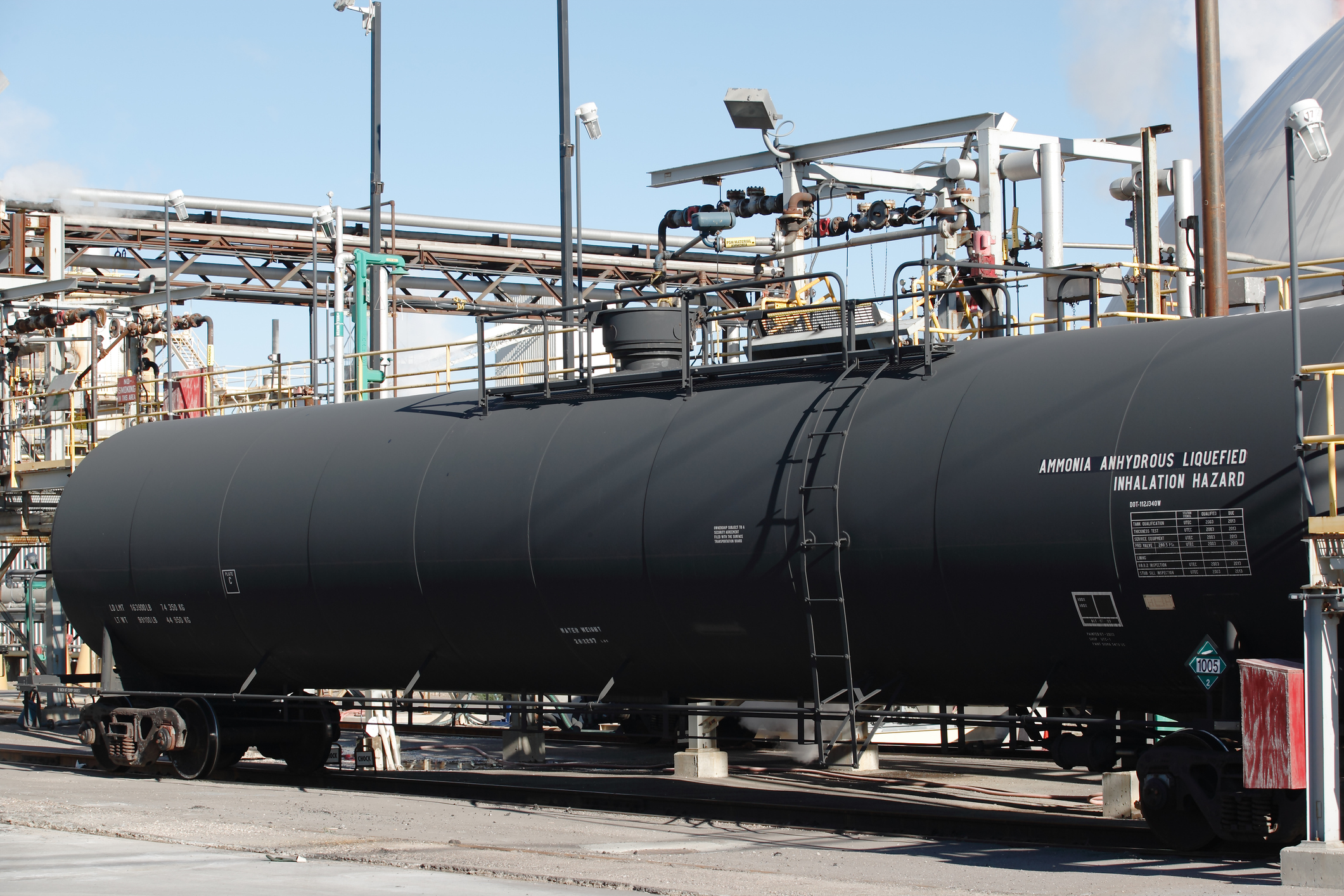
Environmental Compliance Key for Transloading Success
February 24, 2021
Transloading projects that support the transfer of oil from truck to rail and vice versa are an increasing growth opportunity for the rail industry. However, since transfer requires the handling of the goods, transloading can be expensive, and the risk of damage and spills is high.
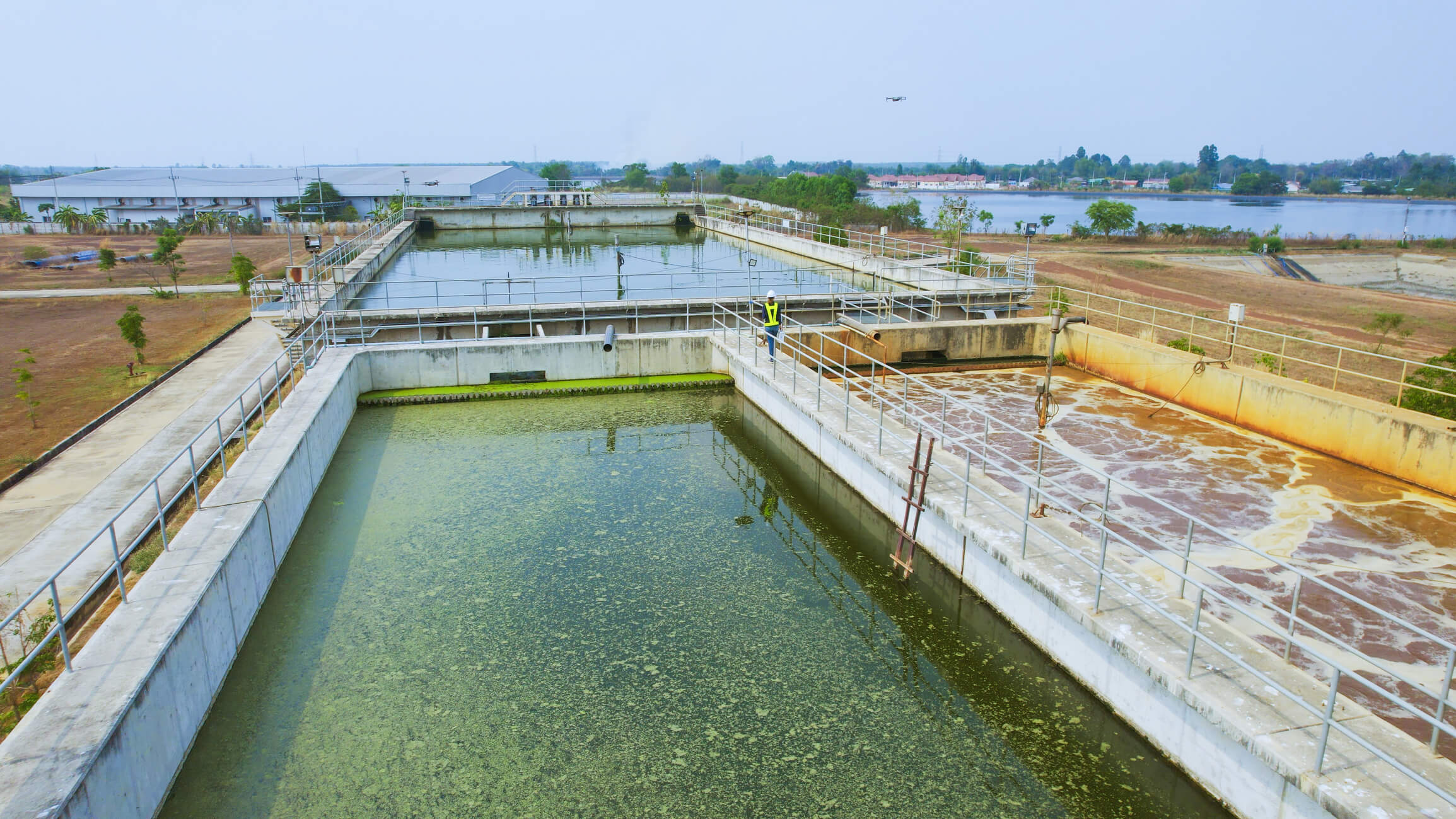
TCEQ to Assume Oil and Gas Wastewater Permitting from RRC
January 11, 2021
Historically, the Railroad Commission of Texas has been responsible for wastewater permitting of upstream oil and gas facilities under a Memorandum of Understanding with the Texas Commission on Environmental Quality.

INGAA Foundation Interview with Lauren O’Donnell
June 22, 2020
TRC’s own Lauren O’Donnell is currently the elected Chair of the INGAA Foundation. The Foundation’s primary activity is to sponsor research aimed at promoting natural gas use and safe, efficient pipeline construction and operation.
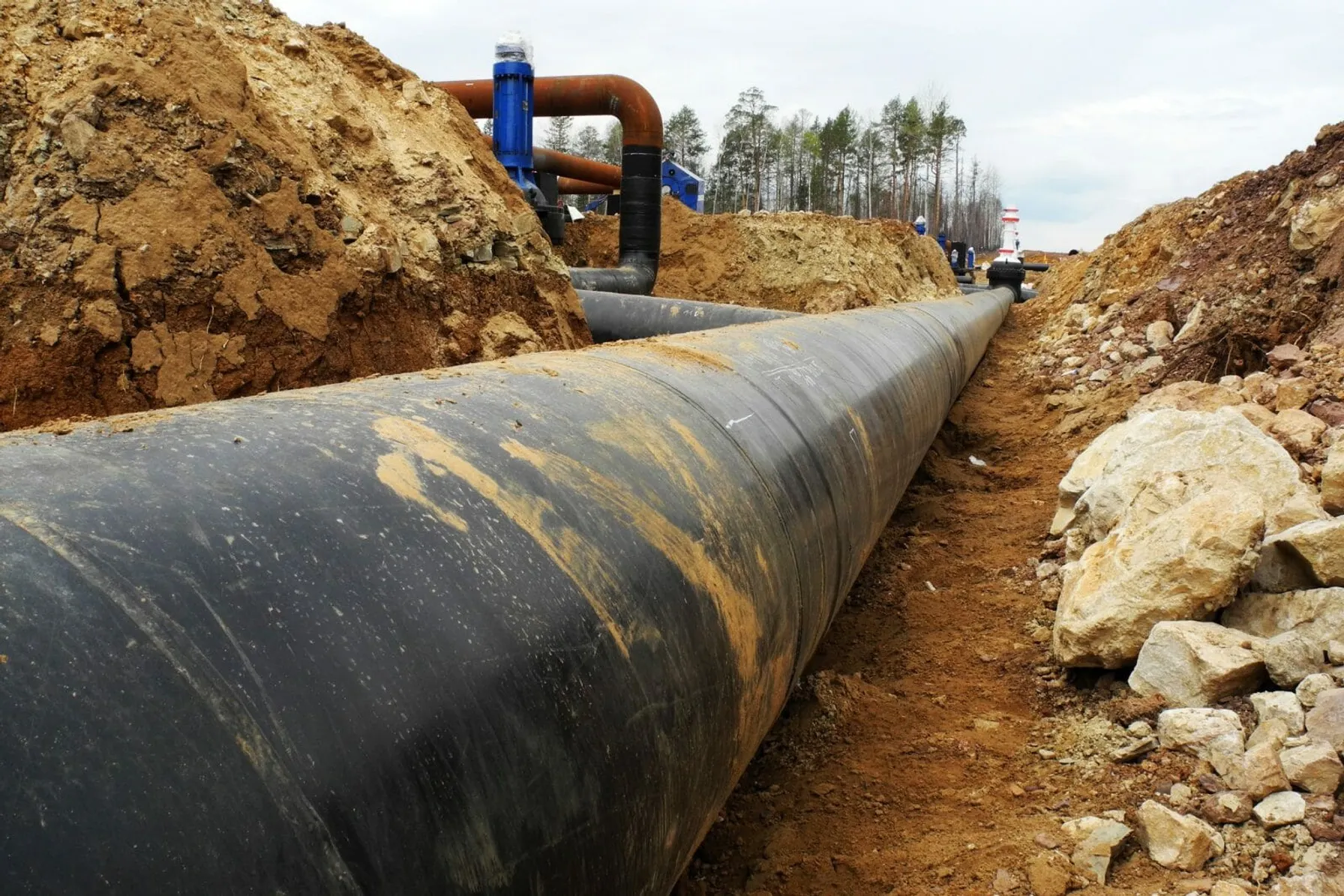
Targeting Perfection in the Construction and Operation of Pipelines
October 18, 2019
To have an impact on the delivery or operation of a pipeline, it’s vital to eliminate the intra- and inter-company barriers, including those in the areas of communications, culture and technology.
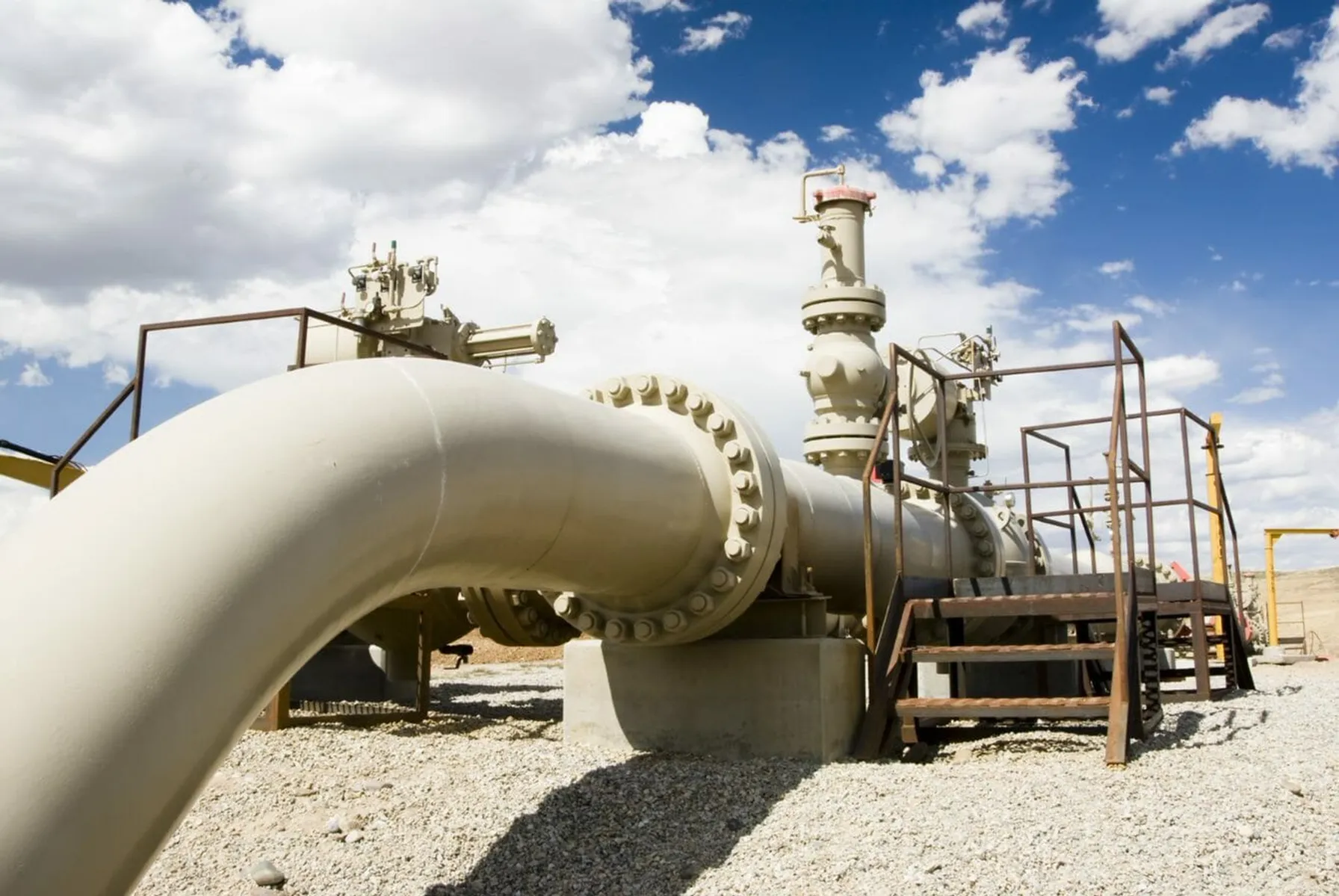
PHMSA Publishes New Rules to Increase the Safety of Hazardous Liquid Pipelines and Gas Transmission Pipelines
September 25, 2019
The Pipeline and Hazardous Materials Safety Administration this week published important new rules aimed at improving pipeline safety.
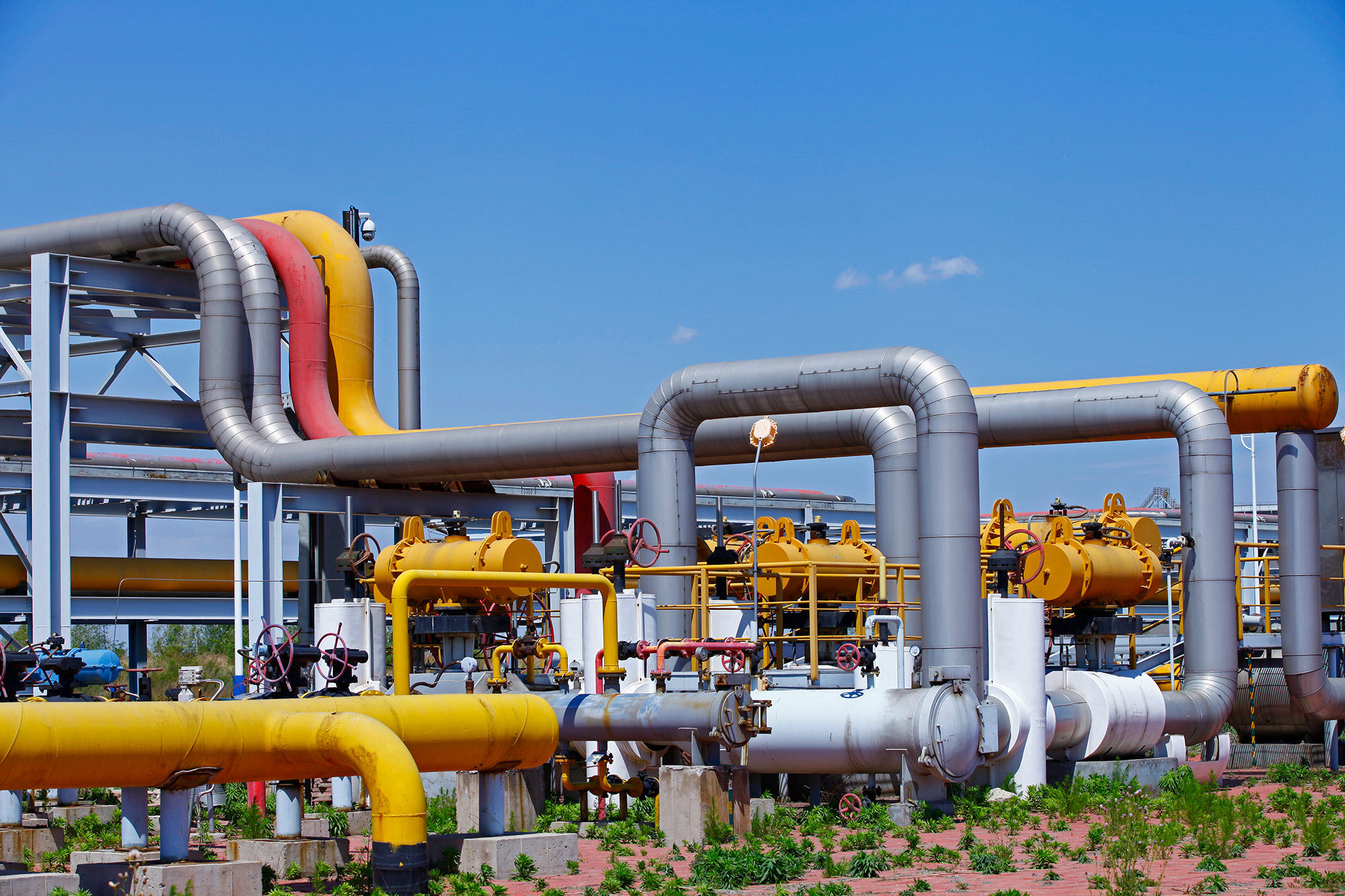
TRC Chosen to Provide Array of Integrated Services on Midship Pipeline Project
August 28, 2018
TRC has been awarded contracts for environmental consulting, engineering and field services and another for stem-to-stern Engineer, Procure and Construct (EPC) contract for three compressor stations.

Creating Lasting Value While Preparing for California’s Approaching Climate Disclosure Laws (SB253 and SB261)
June 17, 2025
Prepare for California’s new climate disclosure laws (SB253 & SB261) with guidance to turn compliance into long-term business value.
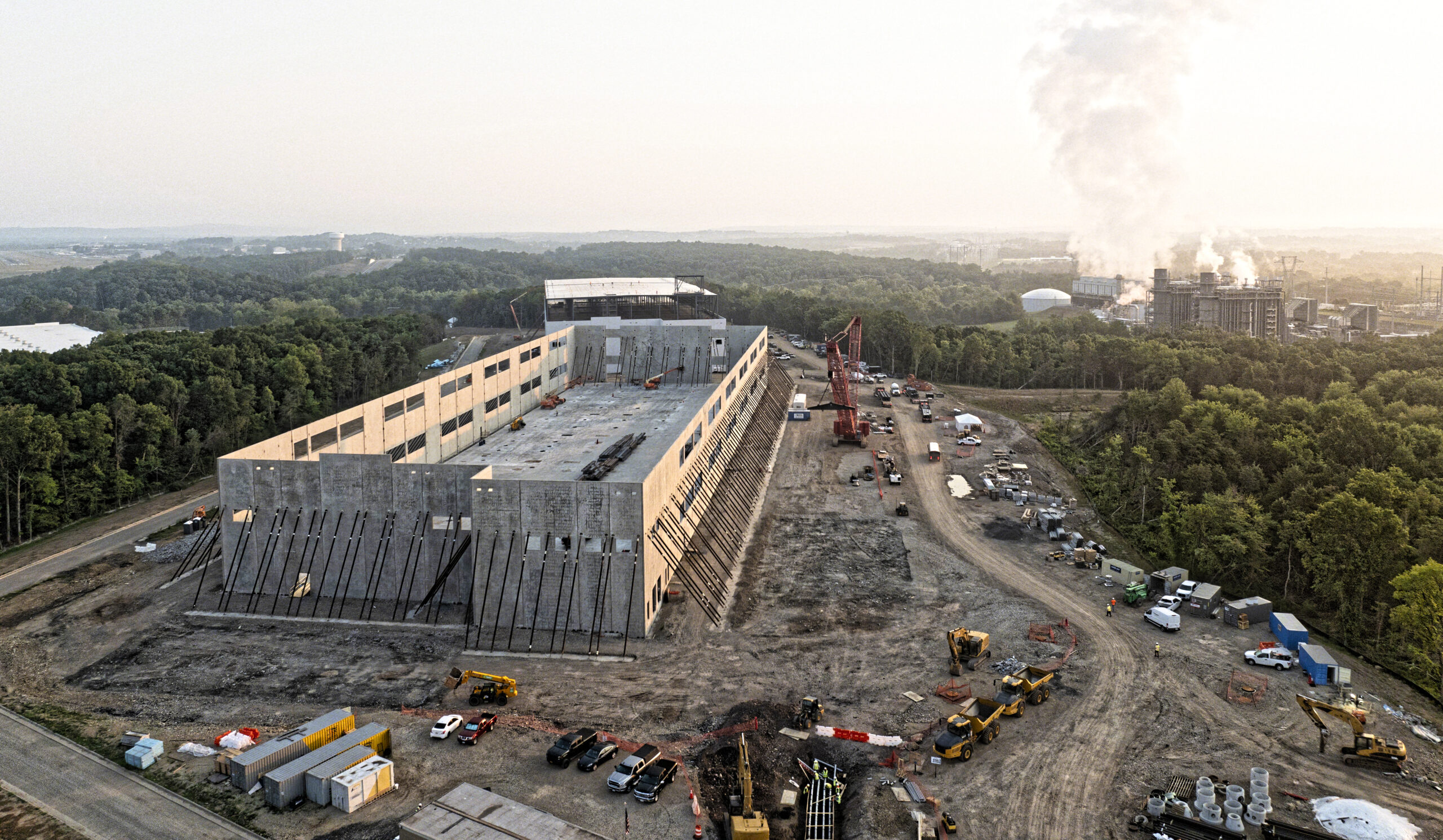
FERC Examines Co-Located Load and Generation Rule
April 21, 2025
Since FERC hosted its technical conference in late 2024, many industry stakeholders have submitted their comments addressing how to study and potentially regulate new co-located load and generation.
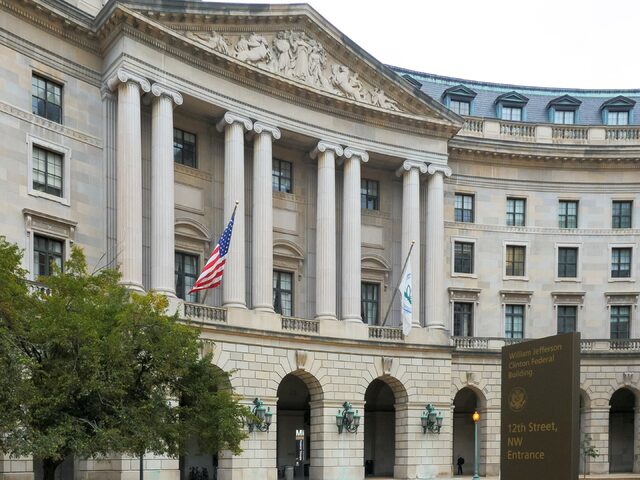
EPA Unveils Largest Deregulatory Initiative in U.S. History
April 1, 2025
Environmental Protection Agency (EPA) Administrator Lee Zeldin has announced the Agency’s plan to undertake 31 deregulatory actions with the stated goal of driving down the cost of living for Americans and revitalizing the American energy and auto industry.

PM2.5 Annual NAAQS Revised
May 7, 2024
The U.S. EPA issued a final rule based on its reconsideration of its 2020 decision to retain the primary and secondary National Ambient Air Quality Standards (NAAQS) for particulate matter (PM) without revision.
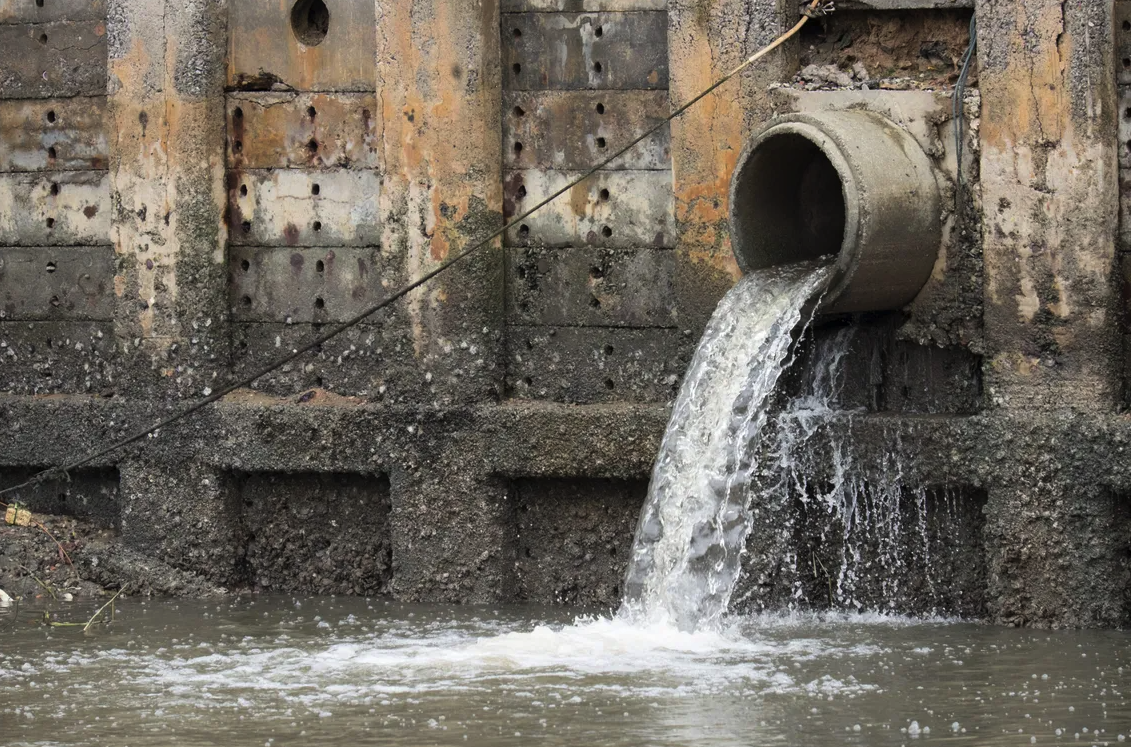
NJDEP Issues Stormwater Management Updates and Amendments
April 12, 2024
The New Jersey Department of Environmental Protection (NJDEP) recently issued two new requirements pertaining to its New Jersey Pollutant Discharge Elimination System (NJPDES) program that affect municipality mapping requirements and the sizing of new stormwater management practices.

Changes to EPA’s Risk Management Program (RMP) Regulations Are Here
April 3, 2024
Changes to the Risk Management Program (RMP) regulations were signed into a final rule on February 27, 2024, by EPA Administrator Michael S. Regan.

Are You Prepared for 2024 TSCA Chemical Data Reporting?
October 9, 2023
Chemical Data Reporting (CDR), like the Olympics, occurs every four years, and then most facilities move on to more pressing environmental, health and safety (EHS) matters.
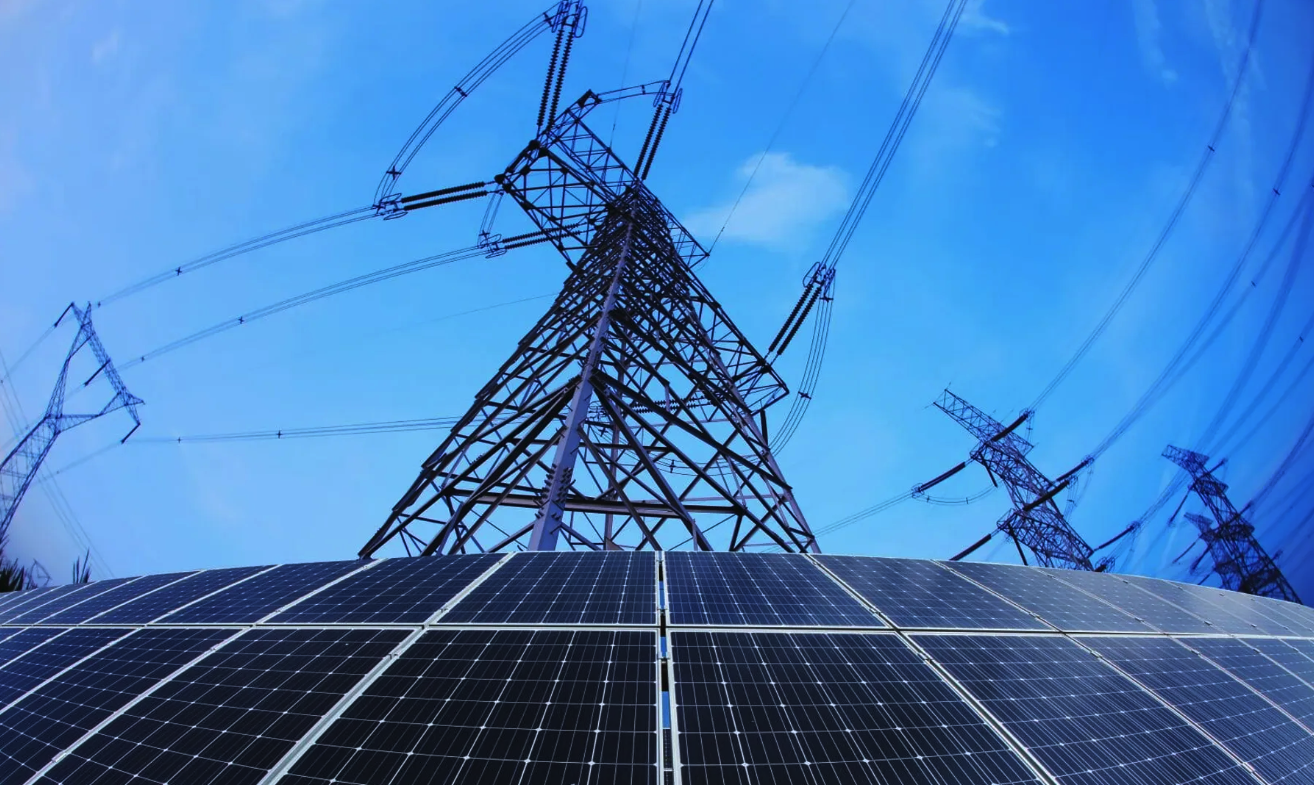
Intro to NERC Regulatory Guidance on Inverter-Based Resources
August 29, 2023
As renewable energy proliferates across the US power system, the North American Electric Reliability Corporation (NERC) continues to actively address reliability risks resulting from the implementation of inverter-based resources (solar and wind generation technology) connected at both transmission and Distributed Energy Resources (DER) levels.

Proposed Use of a Hazard Index for PFAS National Primary Drinking Water Regulation (NPDWR)
April 4, 2023
The Proposed MCL and MCLG for the four PFAS, PFNA, PFHxS, GenX, and PFBS, considers their toxicity as additive. The EPA has proposed a HI of 1.0 as the MCL and MCLG for the four PFAS combined.
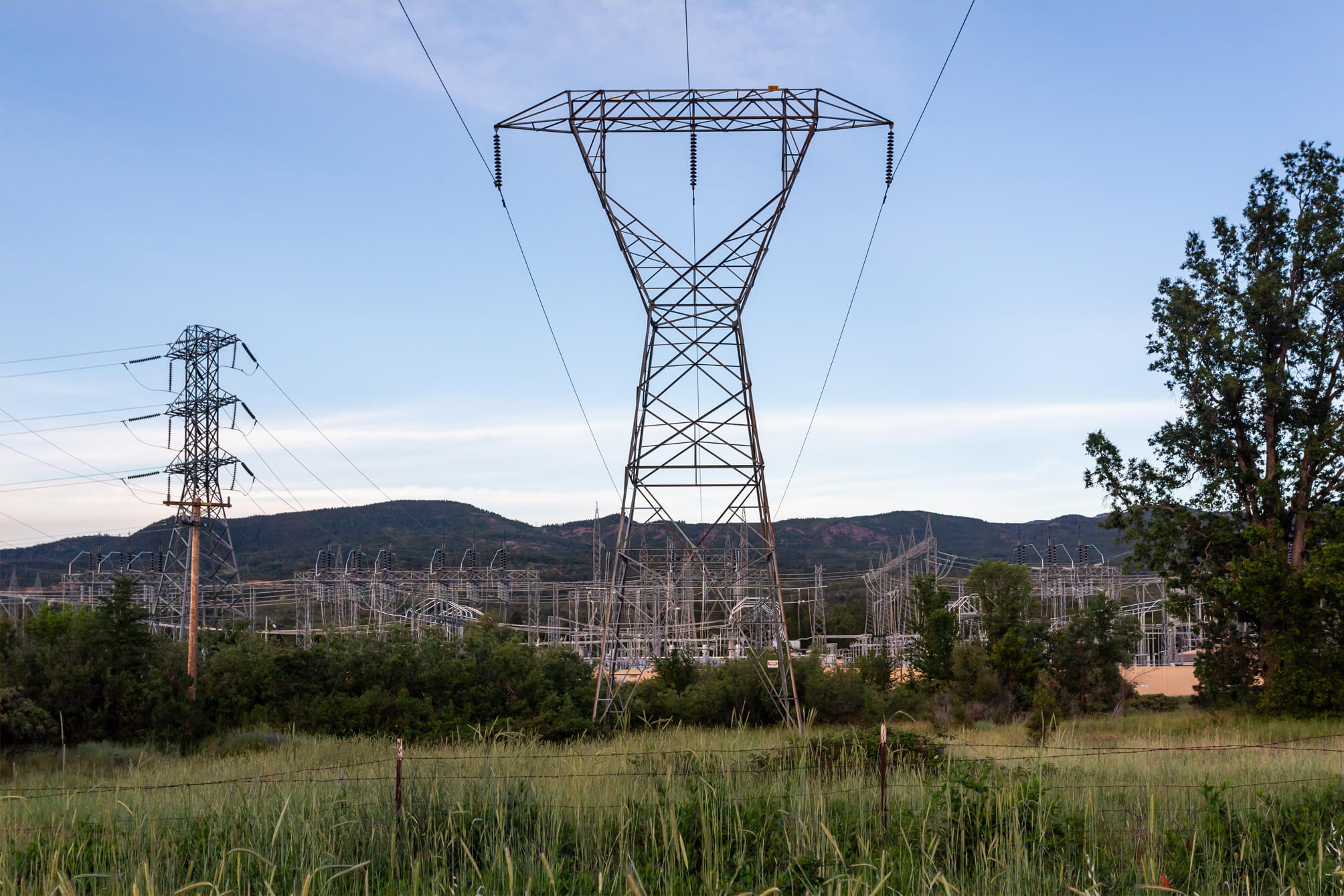
NERC Releases Inverter-Based Resource Strategy Plan
October 25, 2022
The North American Electric Reliability Corporation (NERC) recently released an Inverter-Based Resource (IBR) Strategy, which details the steps needed to successfully integrate IBR facilities into the planning and operation of the power system. The strategy was put in place due to the rapid interconnection of IBR systems, which are extensively used for solar and wind generating facilities, including new battery-based energy storage systems and are one of the most significant drivers of power grid transformation. Because of control system inconsistencies, IBR facilities pose well-documented risks to power system reliability when this strategy’s practices are not adhered to. NERC’s plan calls attention to the need for thoughtful integration of IBRs and identifies current and future work required to mitigate reliability risks resulting from the deployment of this technology.

NERC Releases 2022 State of Reliability Report
September 16, 2022
The North American Electric Reliability Corporation (NERC) recently released its 2022 State of Reliability report, which examines power system performance in calendar year 2021 and evaluates reliability performance trends. The 2022 report identified six key findings regarding power system performance that are summarized as follows:

NERC Proposes Implementation Guidance for PRC-019-2
August 22, 2022
NERC has proposed implementation guidance for PRC-019-2, the standard that verifies coordination of generating unit facility or synchronous condenser voltage regulating controls, limit functions, equipment capabilities and protection system settings.
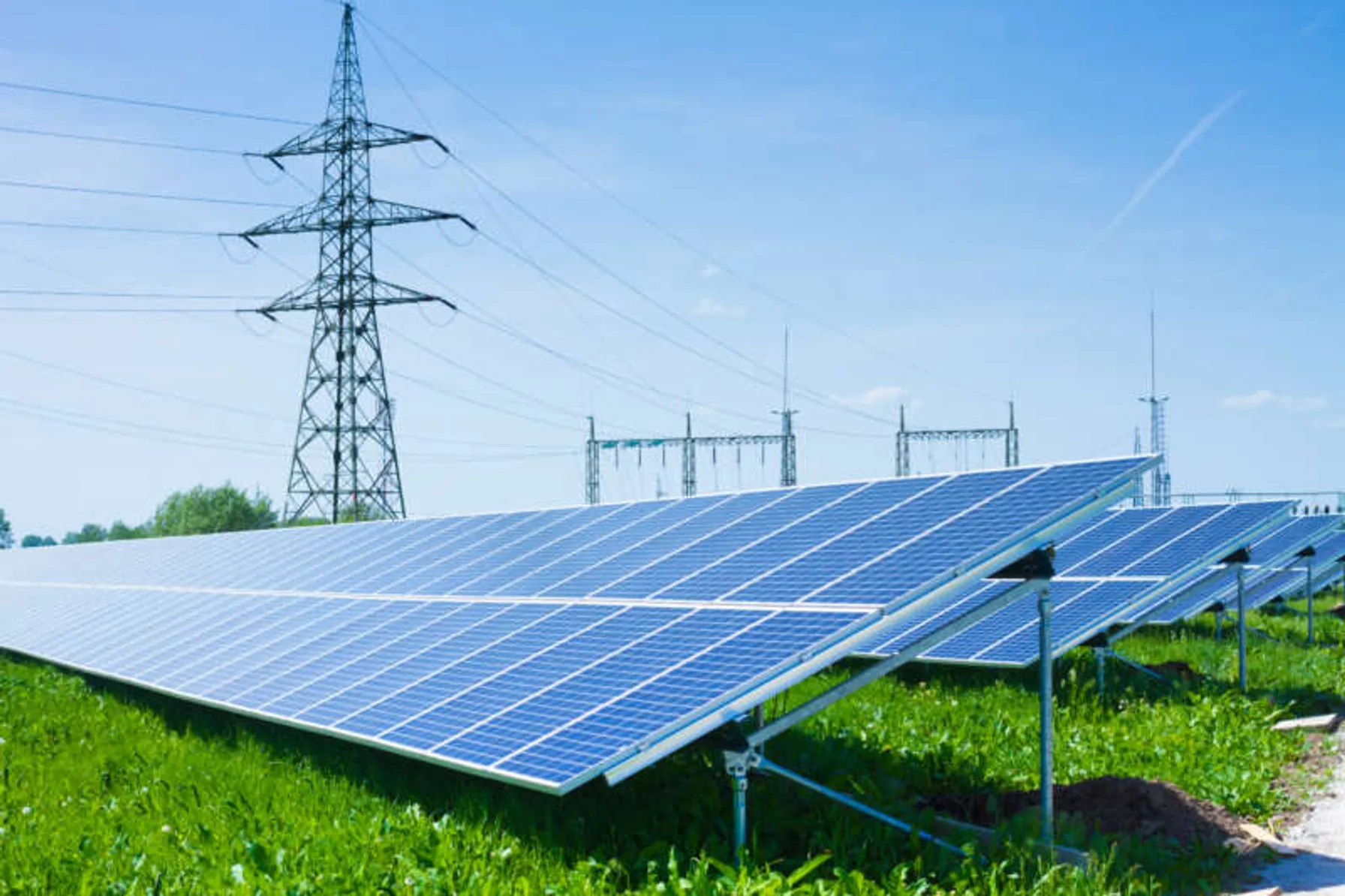
Revisions to FAC-001 and FAC-002 Submitted for FERC Approval
July 12, 2022
Reliability Standards FAC-001-4 and FAC-002-will resolve uncertainty regarding the meaning of “materially modify” under the currently effective standards.
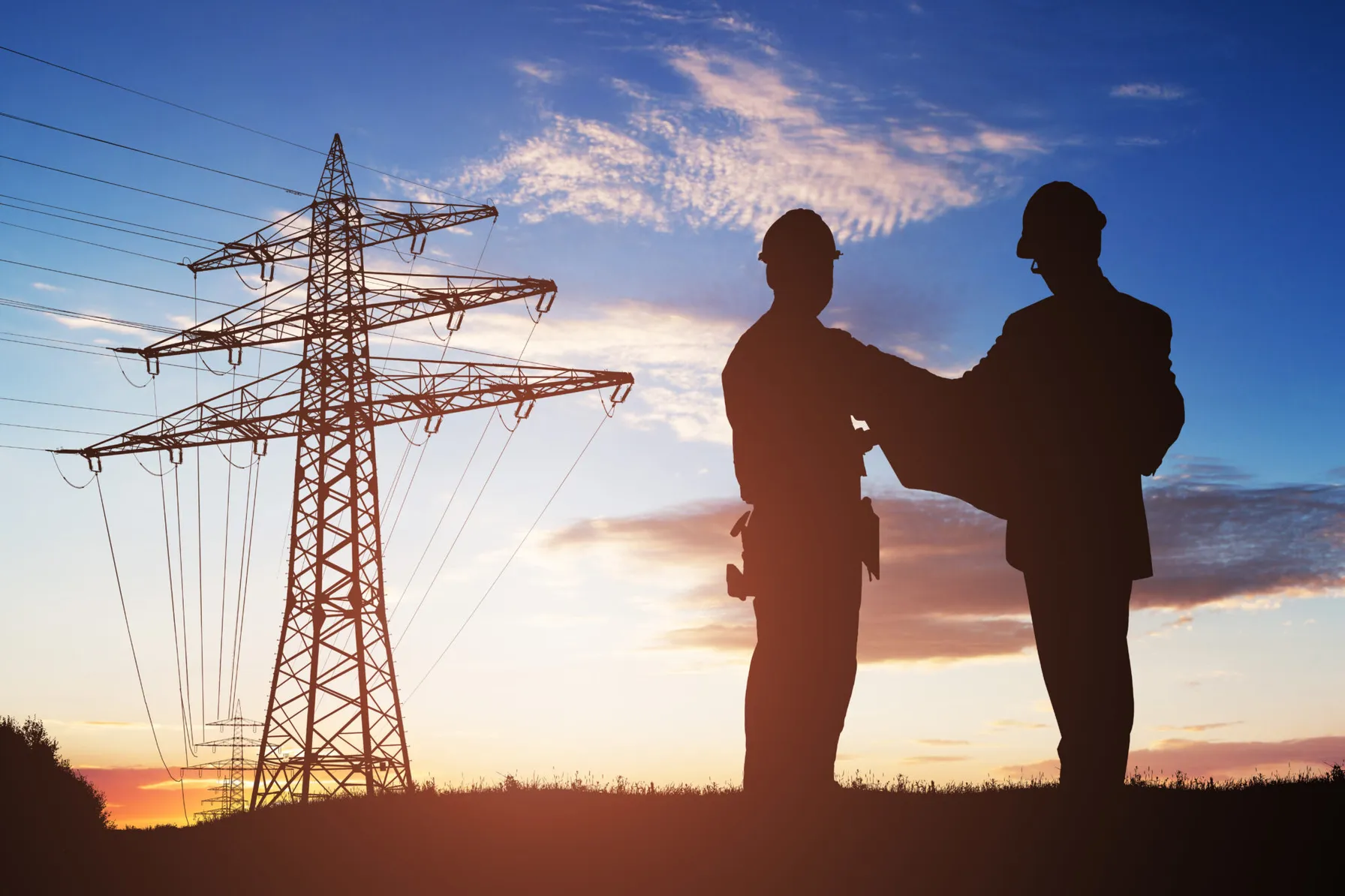
FERC Order No. 881-A Has Implications for NERC Compliance Programs
June 23, 2022
Updated Order will have significant impact on NERC compliance programs related to both PRC standards and facilities ratings. Utilities should review the Order’s requirements and prepare for changes needed to remain compliant.

Climate Action and Environmental Justice are at the Forefront of EPA’s Strategic Plan
June 14, 2022
The EPA issued its Fiscal Year 2022-2026 Strategic Plan. Although the strategic plans emphases often change with administrations, we can be reasonably certain that the Plan reflects priorities through 2024.
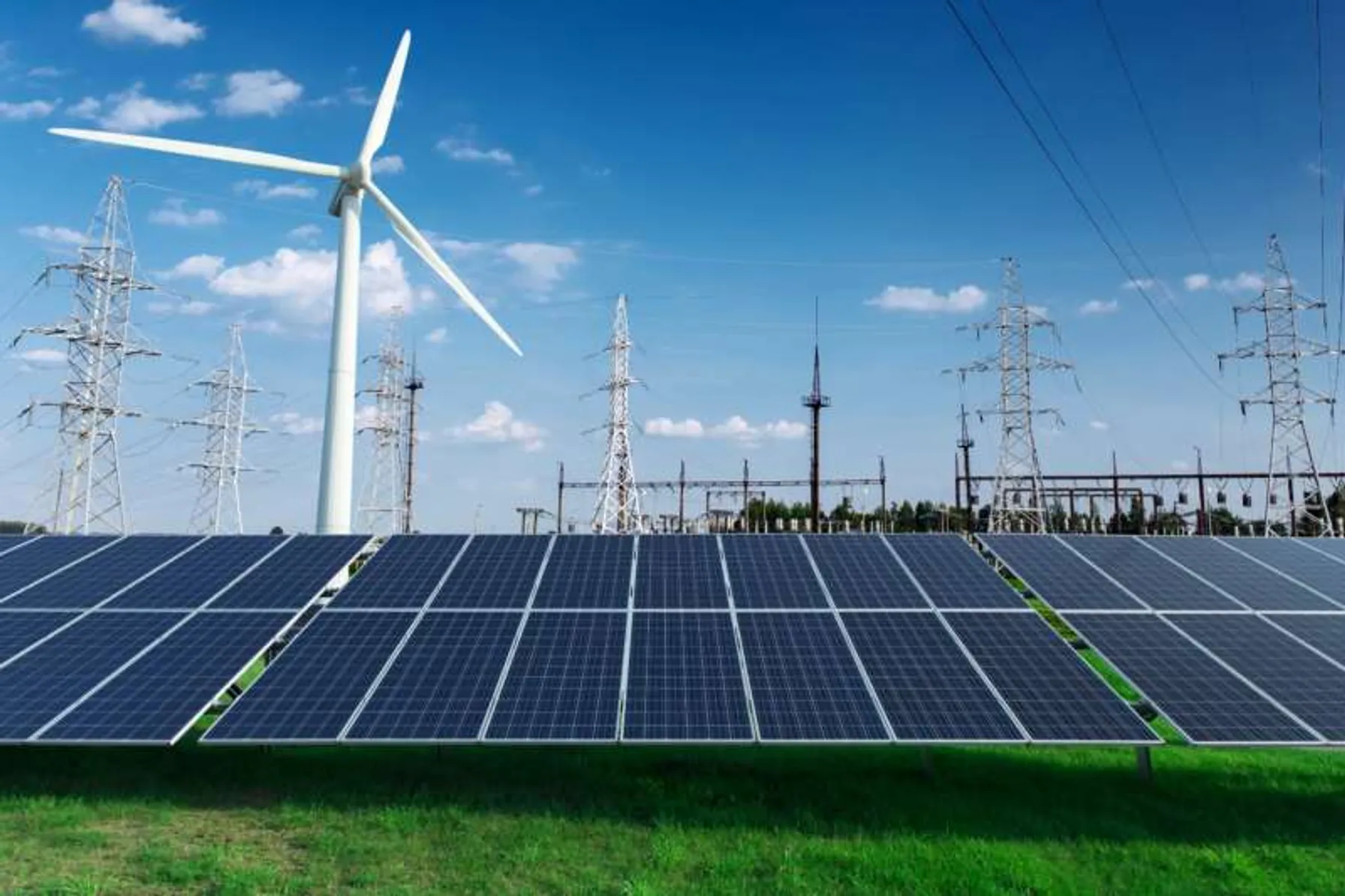
NERC’s Revised PRC-024-3 Standard for Inverter-Based Generation Effective in October 2022
May 11, 2022
Changes to PRC-024-3 in support of inverter-based generation performance are going into effect in October of this year. Interconnection programs and documentation procedures may need to be updated in order to maintain compliance.
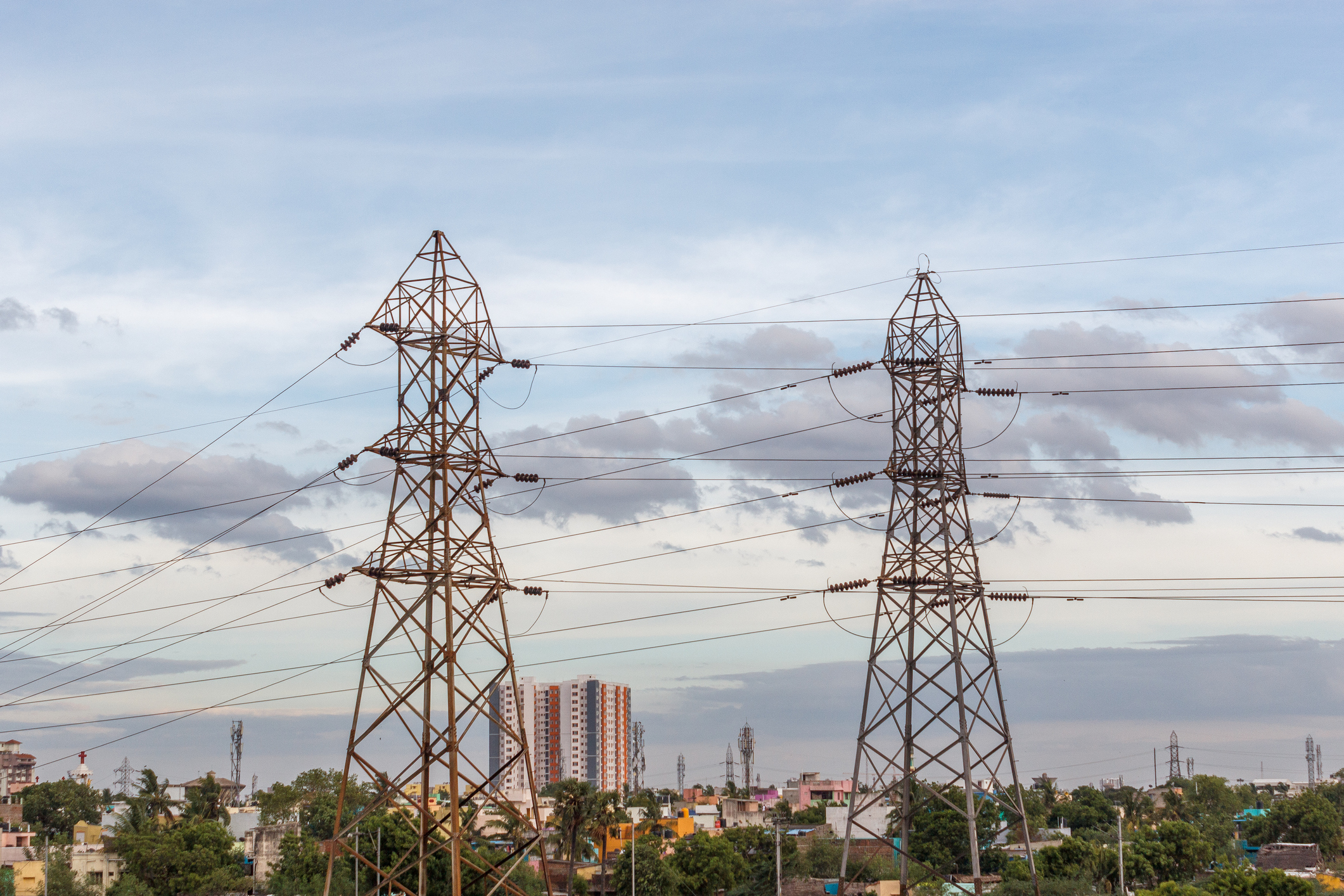
FERC Issues Notice of Inquiry Regarding Dynamic Line Ratings
April 25, 2022
There are significant technical challenges involved in implementing Dynamic Line Ratings in the planning and operation of utility systems. Utilities should be prepared to modify their NERC compliance programs as necessary to address the potential introduction of DLR in their businesses.
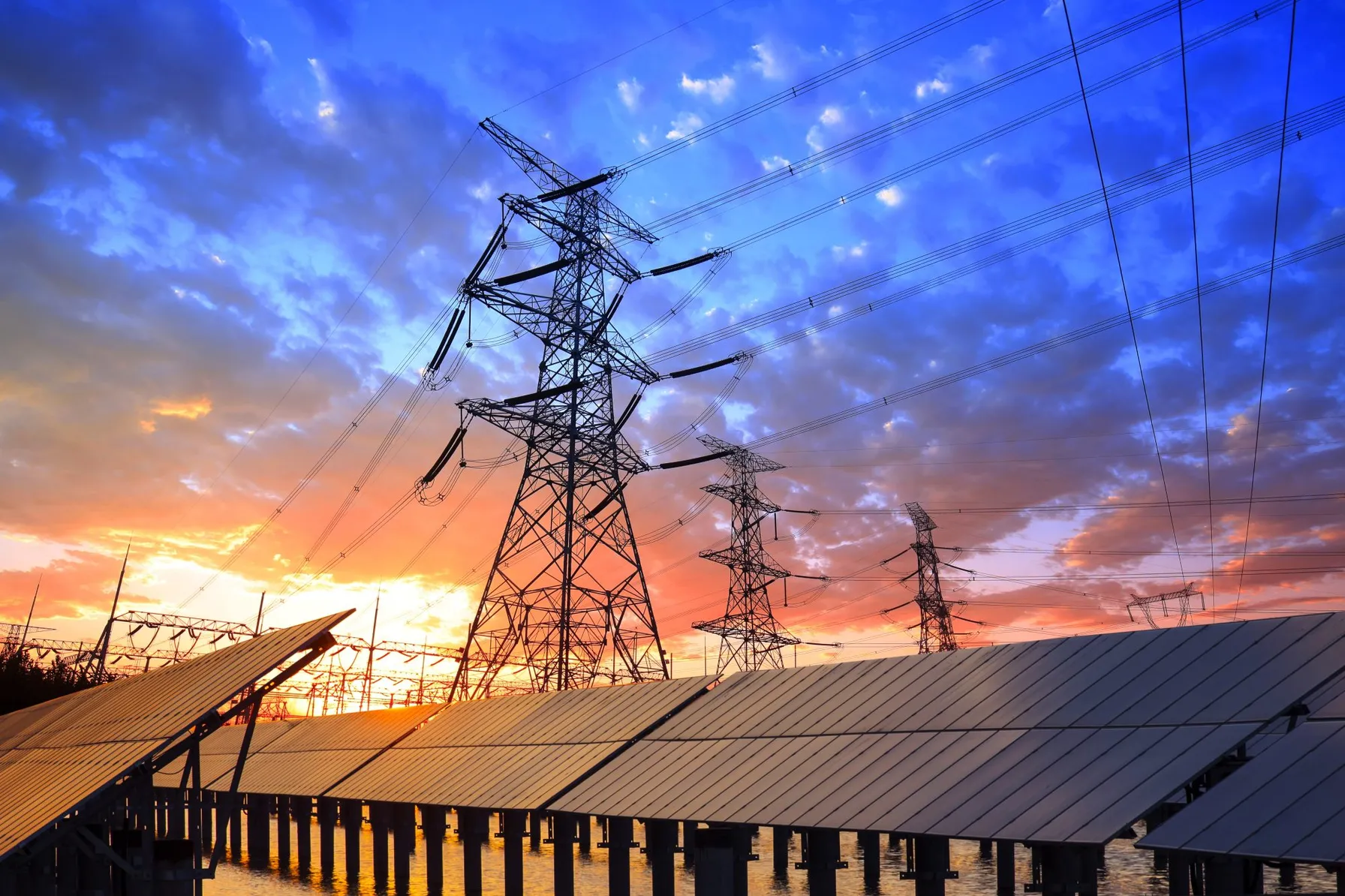
New NERC Guidance Supports the Implementation of Grid Forming Inverters
March 8, 2022
NERC has issued a new report highlighting the key attributes of various inverter controls to support proper implementation and to protect reliability.
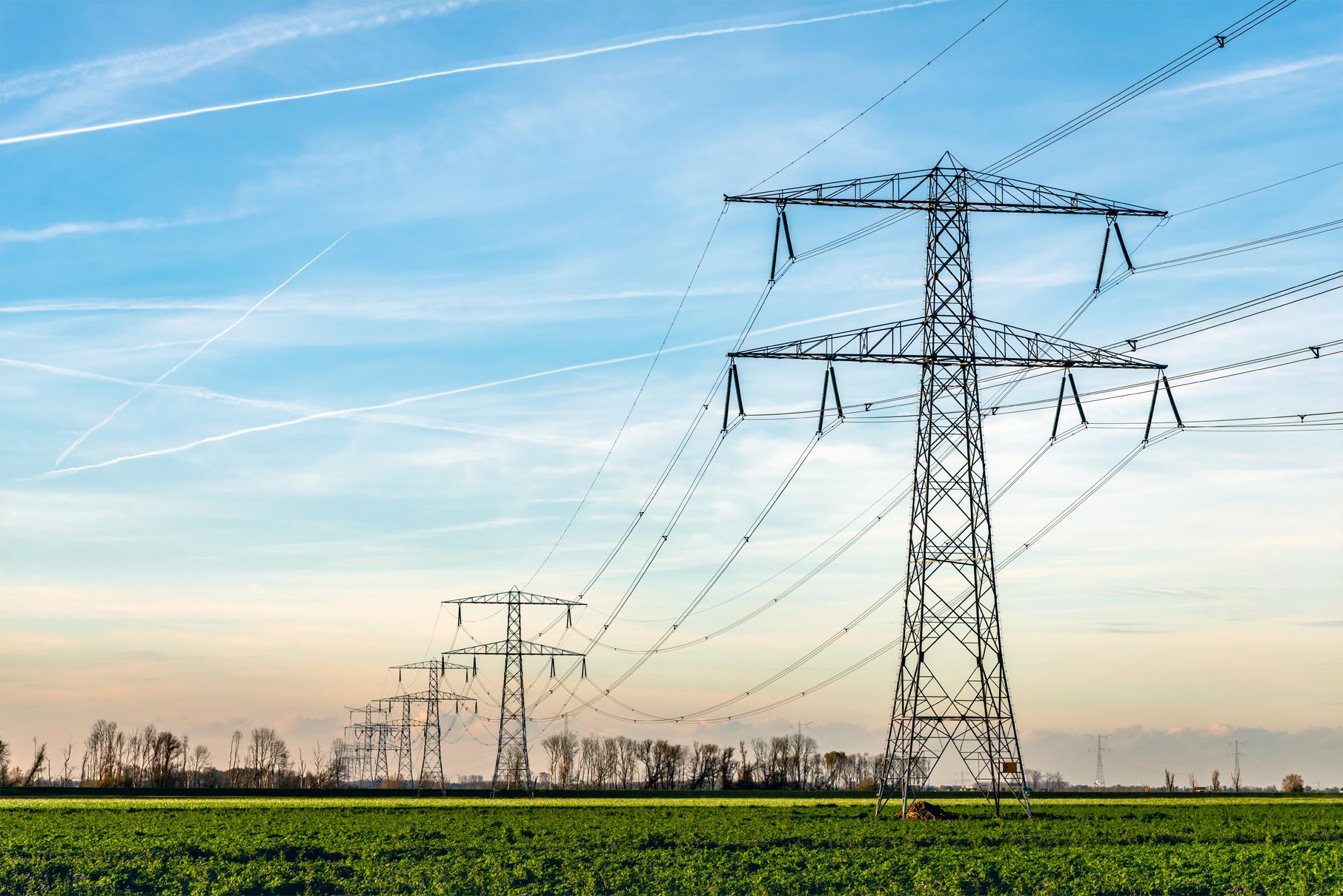
NERC Recommends Approaches for Underfrequency Load Shedding Programs
February 24, 2022
In a recently released reliability guideline, NERC recommends additional approaches for Underfrequency Load Shedding (UFLS) program design to help utilities effectively consider the effects of Distributed Energy Resources (DERs). The guidance was developed to address the accelerated transition of the power system to locally installed, decarbonized resources that depend on inverters. These new technologies introduce operational controls issues into the electric grid. UFLS data gathering and analysis methodologies may require modification to address reliability risks.
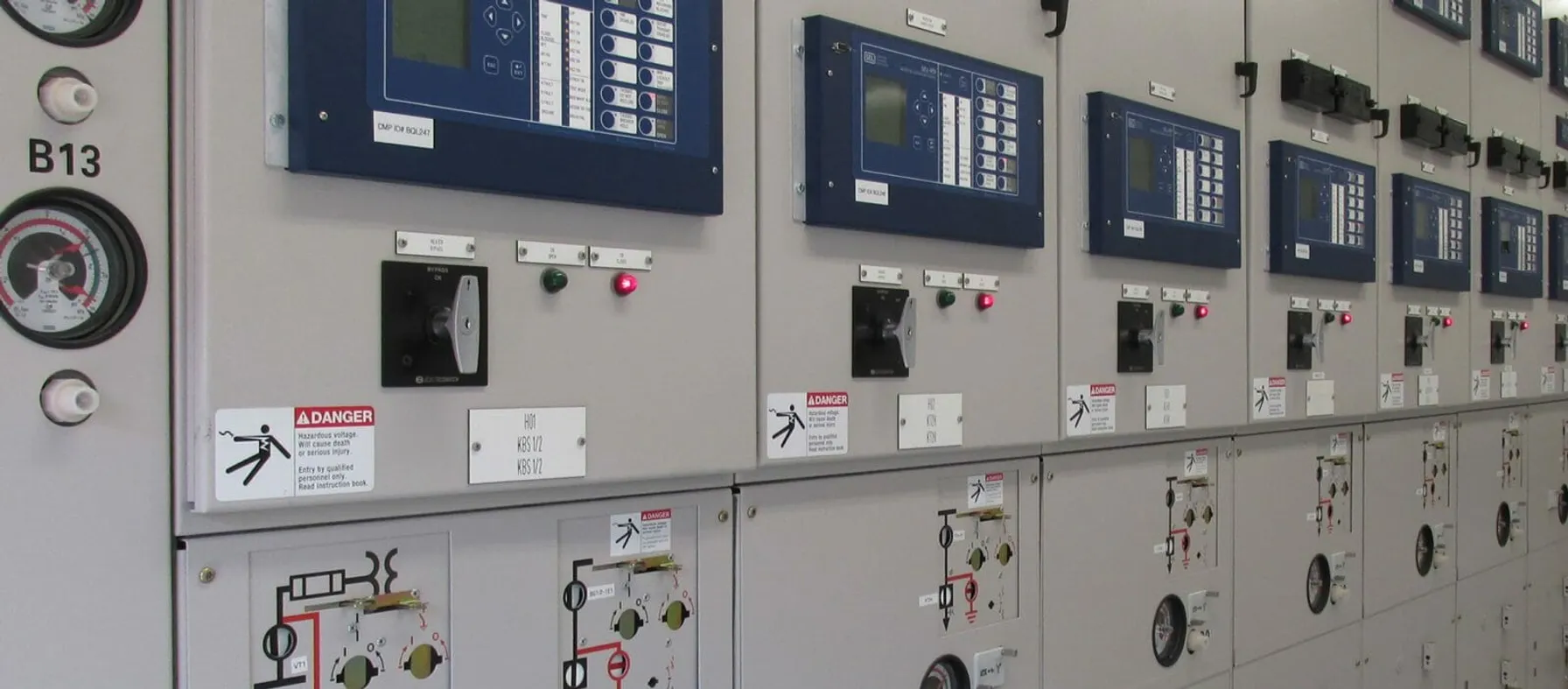
NERC and FERC Recommend Protection System Commissioning Improvements
January 18, 2022
Between 18 and 36 percent of reported utility misoperations were attributed to issues that could have been detected through a properly implemented PSC.
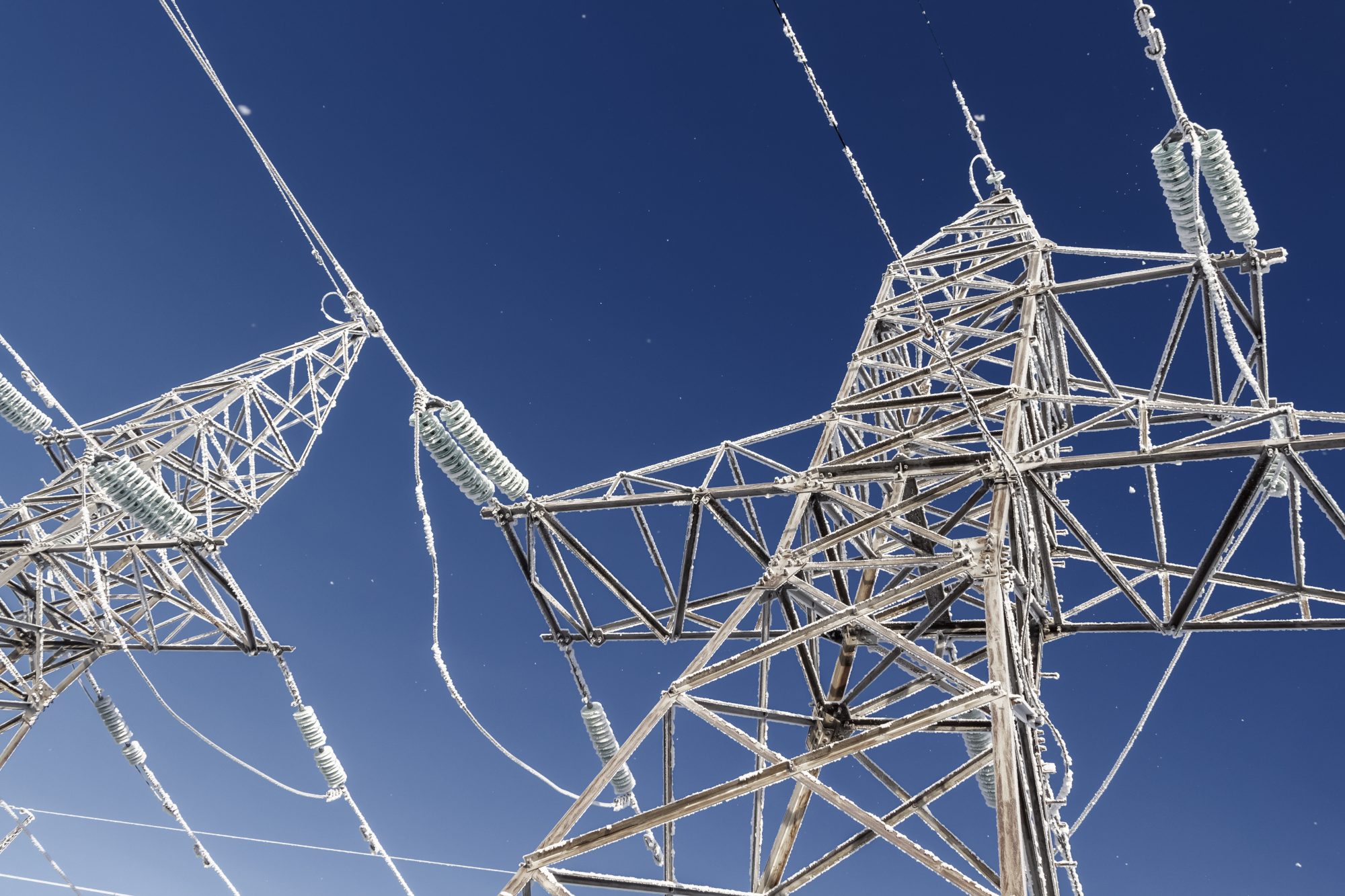
FERC & NERC Issue Joint Report on Freeze Reliability Failures
December 15, 2021
The in-depth report outlines twenty-eight recommendations to address freeze reliability failures, including operating practices and recommendations for NERC standards modifications surrounding generator winterization and gas-electric coordination.
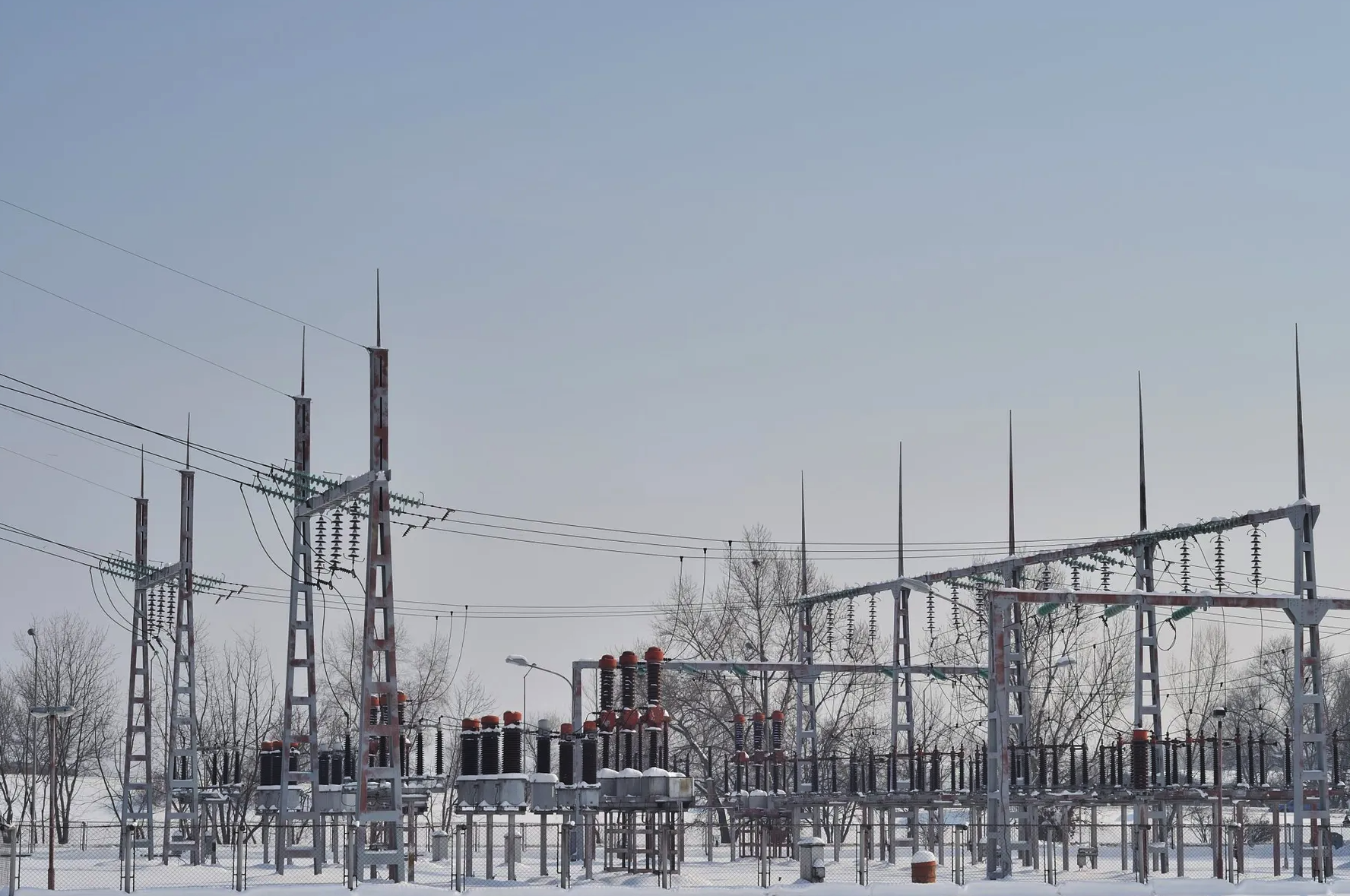
NERC Accelerates Additional Cold Weather Standards Changes
November 22, 2021
At its November 2021 meeting, NERC’s Board of Trustees took aggressive action to advance critical cold weather Reliability Standards. Most notably, the group approved the 2022-2024 Reliability Standards Development Plan, which prioritizes standards projects for the coming years including a resolution to include new cold weather operations, preparedness and coordination standards as high priority development projects.
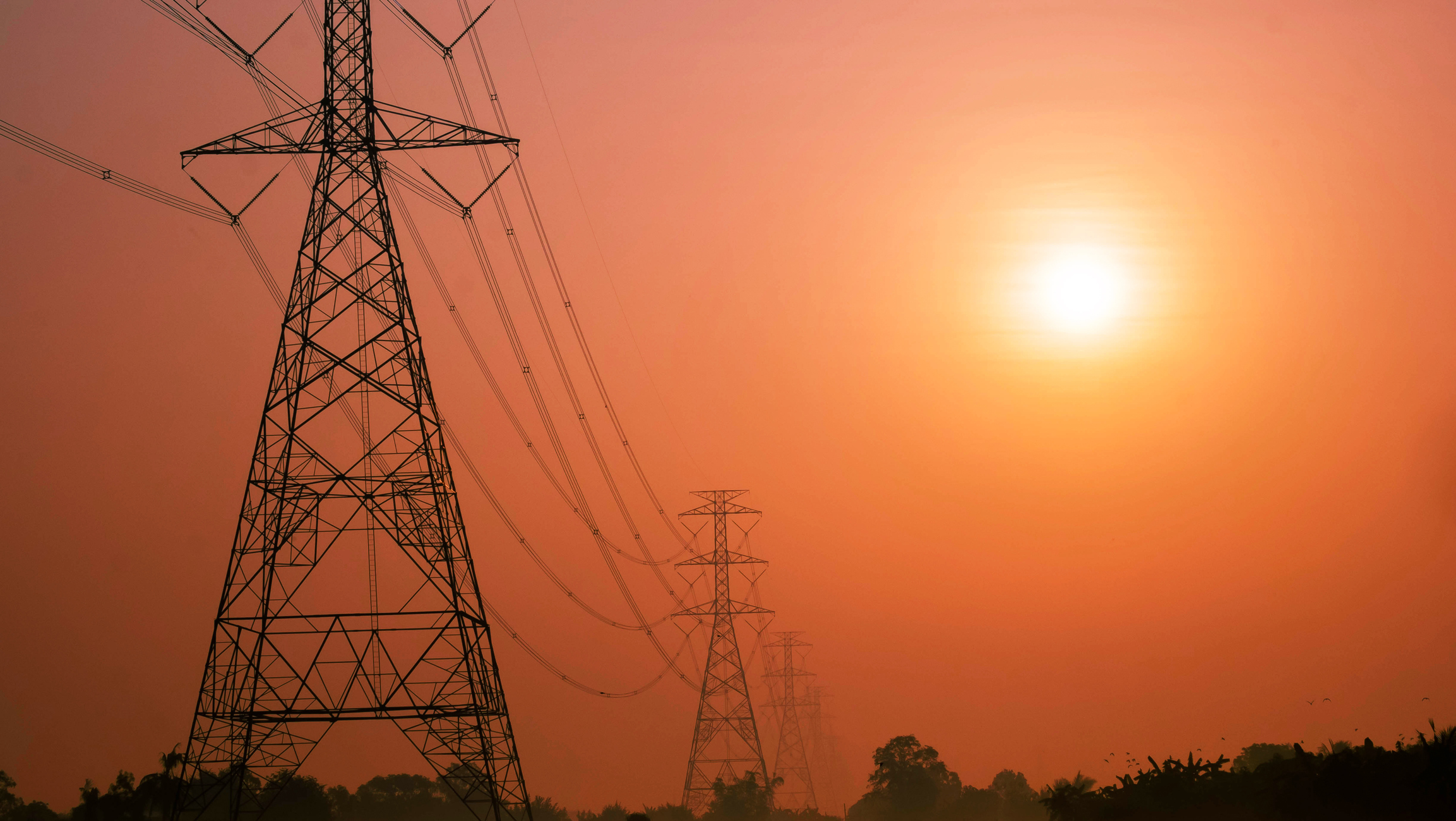
PRC-002-2 Disturbance Monitoring and Reporting Standard: Initial Mandatory Implementation Plan Dates Approach
November 18, 2021
The Federal Energy Regulatory Commission approved PRC-002-2 in September, 2015. The initial due date for system studies necessary to identify locations for the collection of disturbance related data under Requirement R1 is January 1, 2017.
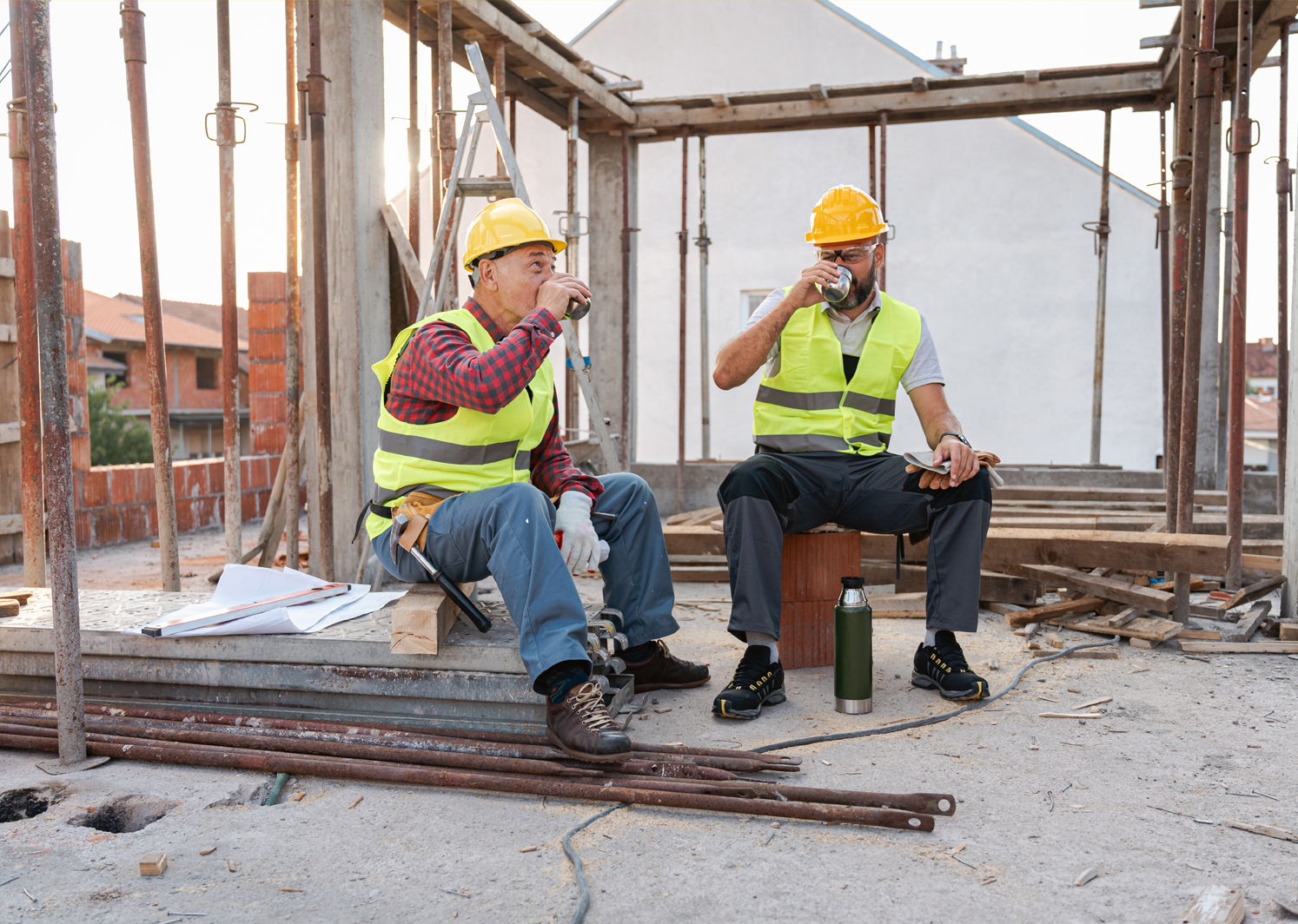
OSHA’s National Emphasis Program on Heat-Related Illness and Injuries
November 3, 2021
On September 20, 2021 in an OSHA National News Release, OSHA published a memorandum establishing an enforcement initiative that is designed to prevent and protect employees from heat-related illnesses and death. This initiative, which develops a National Emphasis Program (NEP) on heat inspections, is an expansion of an already existing Regional Emphasis Program (REP) in OSHA’s Region VI, which covers Arkansas, Louisiana, New Mexico, Oklahoma and Texas.
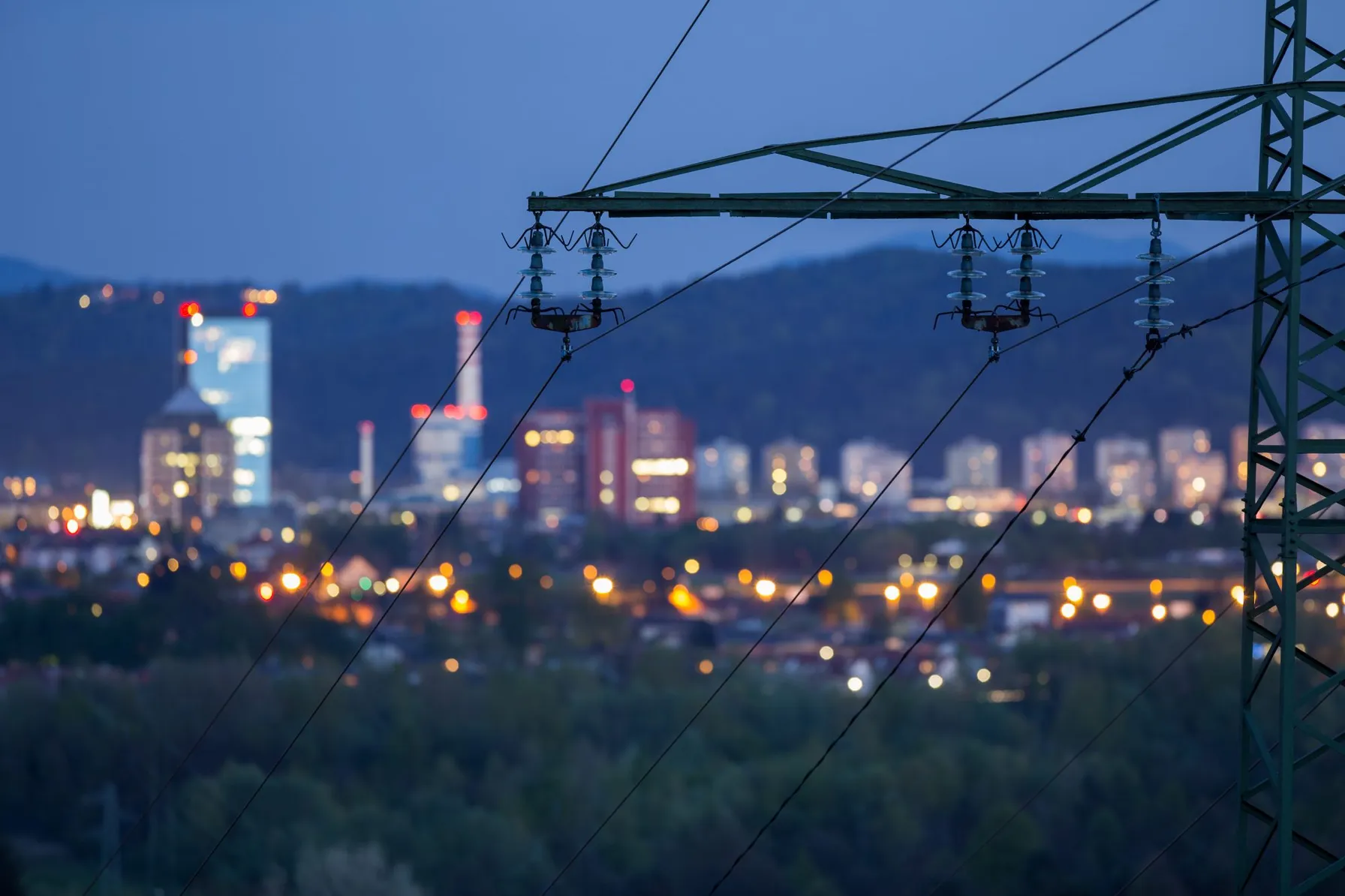
New Potential Compliance Standards Identified at FERC Technical Conference on Reliability
October 18, 2021
With a focus on the reliability impact of extreme weather and the shortcomings of current system planning approaches, both NERC and FERC conference participants opened the door to potential forthcoming compliance standard enhancements or changes.

NJDEP Implements New Jersey Environmental Justice Law Through Administrative Order
October 5, 2021
On September 22, 2021, the New Jersey Department of Environmental Protection (NJDEP) Commissioner announced the issuance of Administrative Order (AO) No. 2021-25 to implement New Jersey’s Environmental Justice (EJ) Law. This order is effective immediately, and applicants seeking to site new major source facilities, renew major source permits or expand existing facilities with major source permits (e.g., Title V air permits) in overburdened communities are affected. There are more than 4.5 million people that live within 331 municipalities that are overburdened communities in the state of New Jersey.

OSHA Returns to In-Person Inspections As COVID-19 Restrictions Lift
August 4, 2021
The Occupational Safety and Health Administration (OSHA) is authorized by the Occupational Safety and Health Act of 1970 (OSH Act) to assure employers provide safe and healthful work conditions free of recognized hazards and by setting and enforcing standards and providing training, outreach, education and technical assistance. OSHA has recently announced the return to in-person inspections as COVID-19 restrictions begin to lift.

NERC Proposes Revisions to CIP-008
March 27, 2021
NERC’s CIP-008 standard aims to mitigate reliability risks resulting from a Cyber Security Incident by specifying incident response requirements. Newly proposed revisions would augment mandatory reporting to include incidents that compromise, or attempt to compromise, a utility’s Electronic Security Perimeter (ESP) or associated Electronic Access Control or Monitoring Systems (EACMS).

NERC Releases 2021 Compliance Monitoring and Enforcement Findings
February 8, 2021
NERC’s 2021 Compliance Monitoring and Enforcement Program reframes the previous year’s risks and their associated areas of focus. Utilities should review their compliance programs and internal controls to determine if enhancement or changes are need to maintain compliance.

2020 TSCA Chemical Data Reporting (CDR)
December 7, 2020
Earlier this year, EPA revised the CDR rule to reflect the 2016 amendments to TSCA, including changes for foreign-owned businesses and the reporting responsibilities of suppliers and contractors, as well as an exemption for small businesses.

Integrity Dig Integrated Services
August 4, 2020
Our Integrity Engineers, Surveyors, Right-of-Way Experts and Environmental Scientists are well-versed in all phases of integrity dig programs from preparing the pipeline for a tool run, interpreting results, verifying proper repair procedures and obtaining federal and state environmental approvals. Our team includes former pipeline operators, survey experts, PHMSA and environmental regulators and trainers. We developed the current ILI training curriculum for PHMSA’s training program.

Targeting Perfection in the Construction and Operation of Pipelines
October 18, 2019
To have an impact on the delivery or operation of a pipeline, it’s vital to eliminate the intra- and inter-company barriers, including those in the areas of communications, culture and technology.

PHMSA Publishes New Rules to Increase the Safety of Hazardous Liquid Pipelines and Gas Transmission Pipelines
September 25, 2019
The Pipeline and Hazardous Materials Safety Administration this week published important new rules aimed at improving pipeline safety.
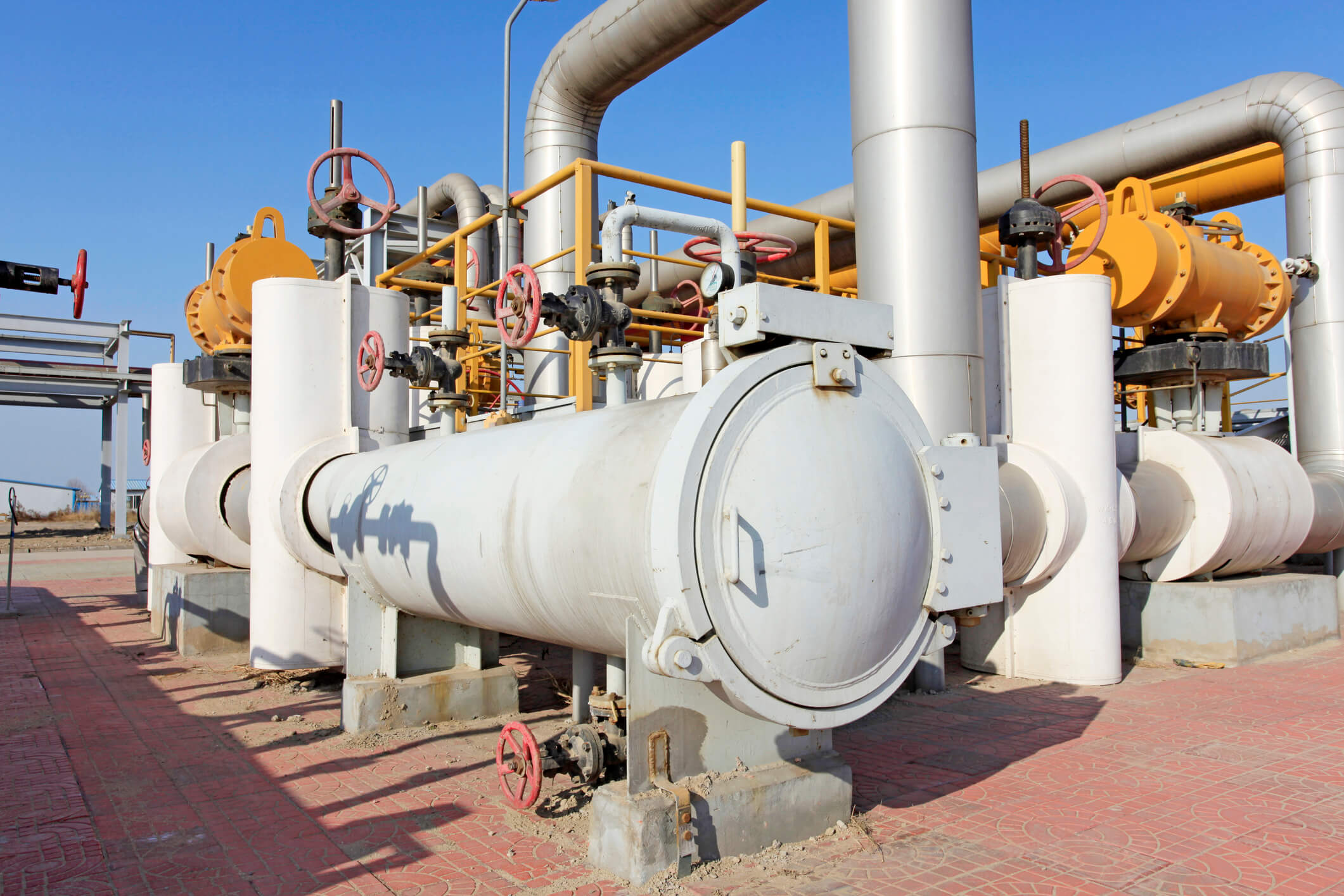
NERC Calls for New Approach to Reliability Planning Due to Gas Supply Disruption Risks
December 14, 2017
A recently published NERC report concludes that as reliance on natural gas to meet electric generation requirements increases, additional planning and operational measures must be considered to mitigate power system reliability risks.

Budgeting to Quality: Construction Project Mistakes & How to Fix Them
April 9, 2025
Managing a construction project is a challenging job that involves careful planning, coordination and problem-solving. Small mistakes cause delays, increase costs, or create safety issues. Learn more about how to avoid some of the most common mistakes in construction management so your projects stay on track and within budget.

The Power of Precision: Quality Control Tactics for Utility Construction Success
February 14, 2025
In today’s digital age, data centers form the backbone of cloud computing, artificial intelligence and the vast array of digital services we rely on daily. As the demand for data centers rises, companies are racing to expand these facilities.

The Importance of Effective Construction Management in Data Centers
January 7, 2025
In today’s digital age, data centers form the backbone of cloud computing, artificial intelligence and the vast array of digital services we rely on daily. As the demand for data centers rises, companies are racing to expand these facilities.
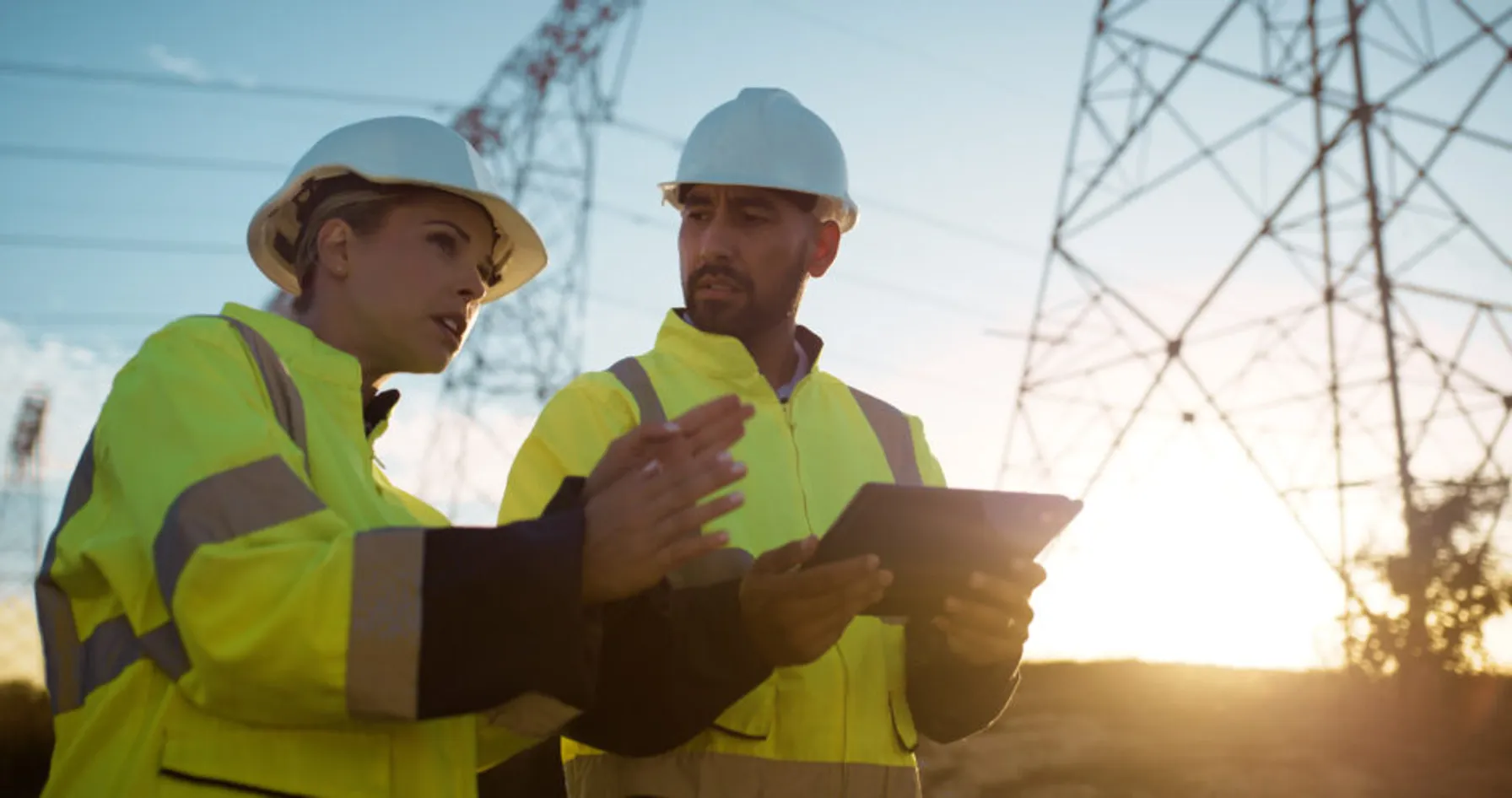
Planning for Construction Project Success: Common Challenges and How to Overcome Them
September 19, 2024
Construction project planning and scheduling are critical but complex processes that can lead to delays, cost overruns and quality issues. Success requires proper stakeholder communication, resource management, safety prioritization, regulatory compliance and innovative tools and techniques throughout the project’s life, from start to completion.
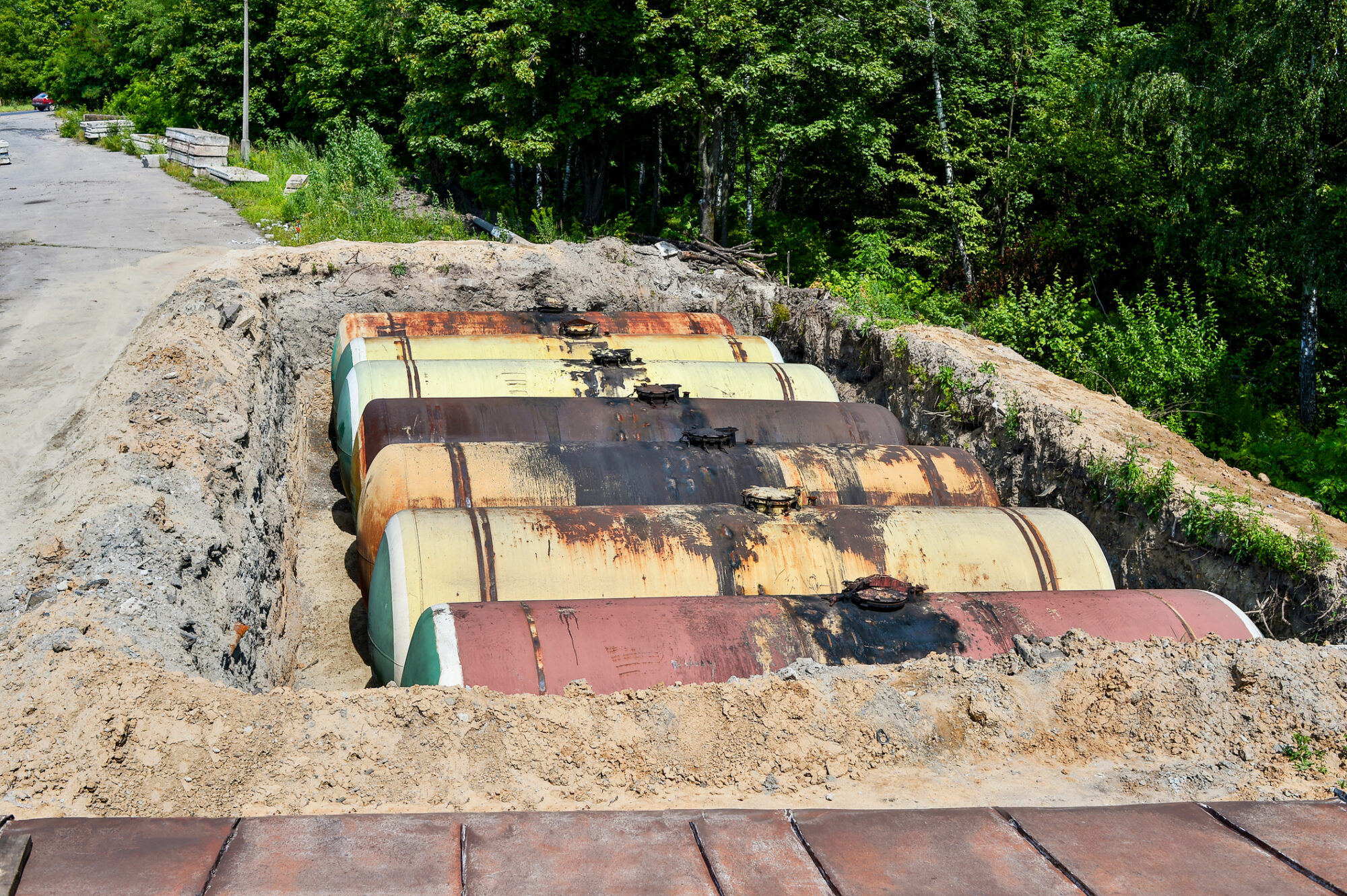
EPA Issues Clarification of Free Product Removal Requirements
June 20, 2023
EPA recently clarified requirements for LNAPL recovery and remediation.

INGAA Foundation Interview with Lauren O’Donnell
June 22, 2020
TRC’s own Lauren O’Donnell is currently the elected Chair of the INGAA Foundation. The Foundation’s primary activity is to sponsor research aimed at promoting natural gas use and safe, efficient pipeline construction and operation.

Targeting Perfection in the Construction and Operation of Pipelines
October 18, 2019
To have an impact on the delivery or operation of a pipeline, it’s vital to eliminate the intra- and inter-company barriers, including those in the areas of communications, culture and technology.



